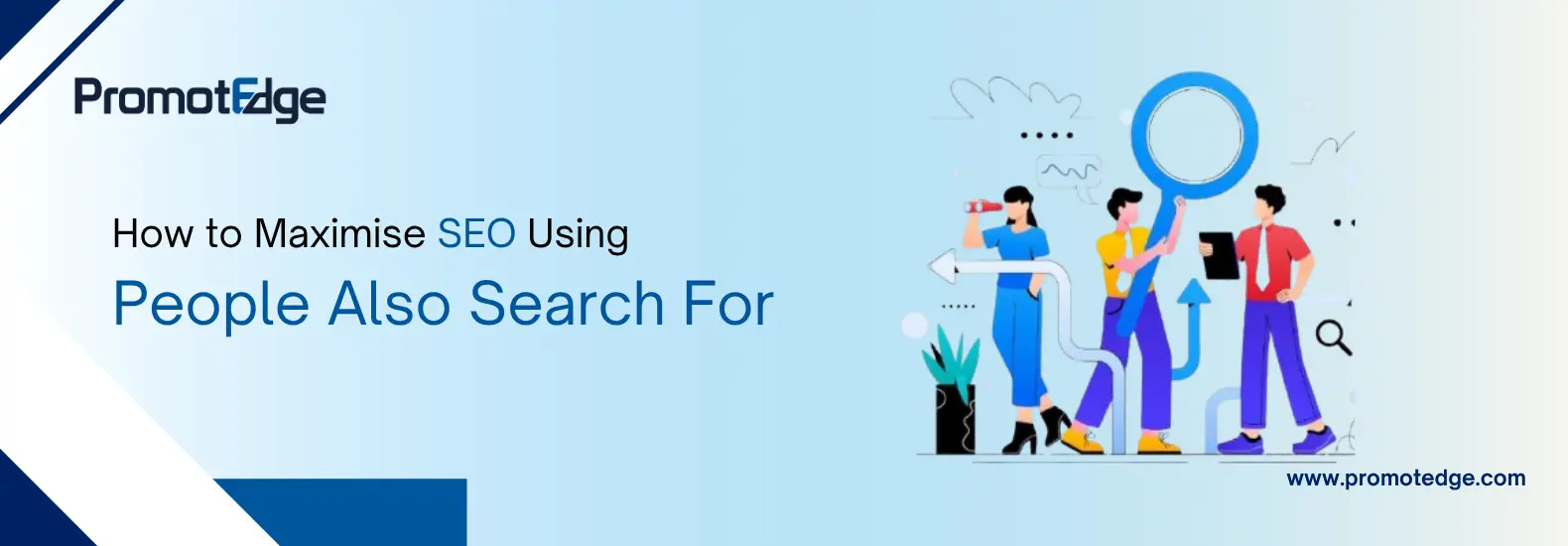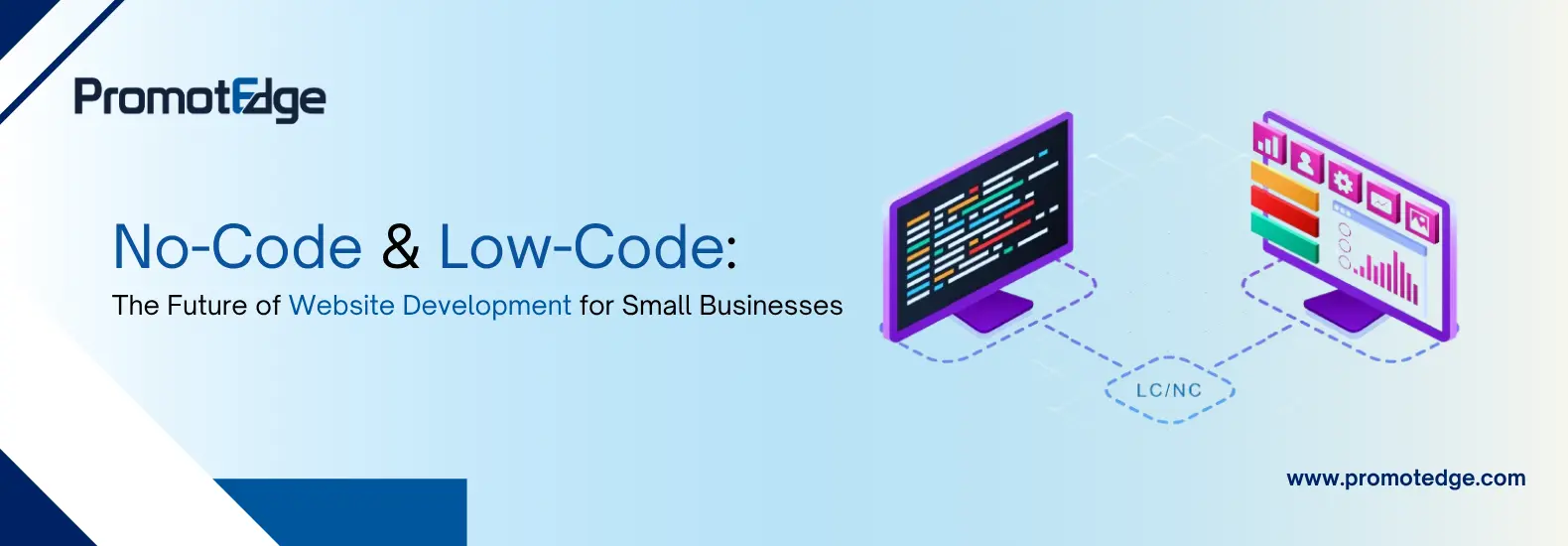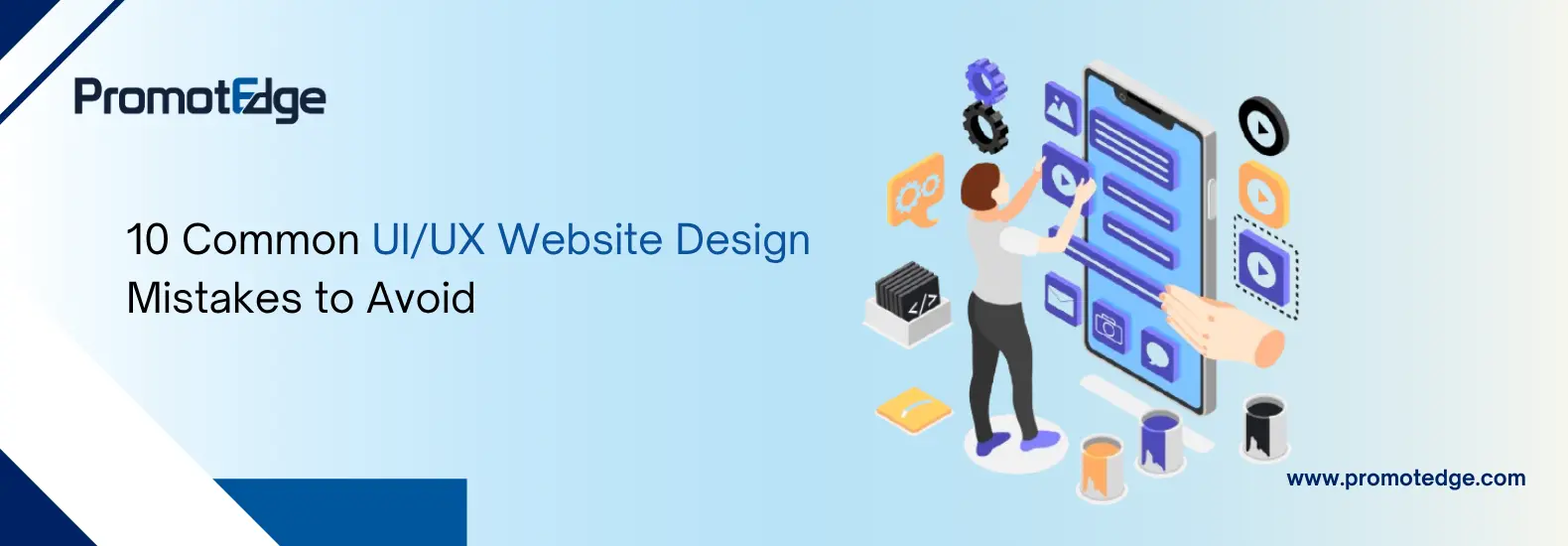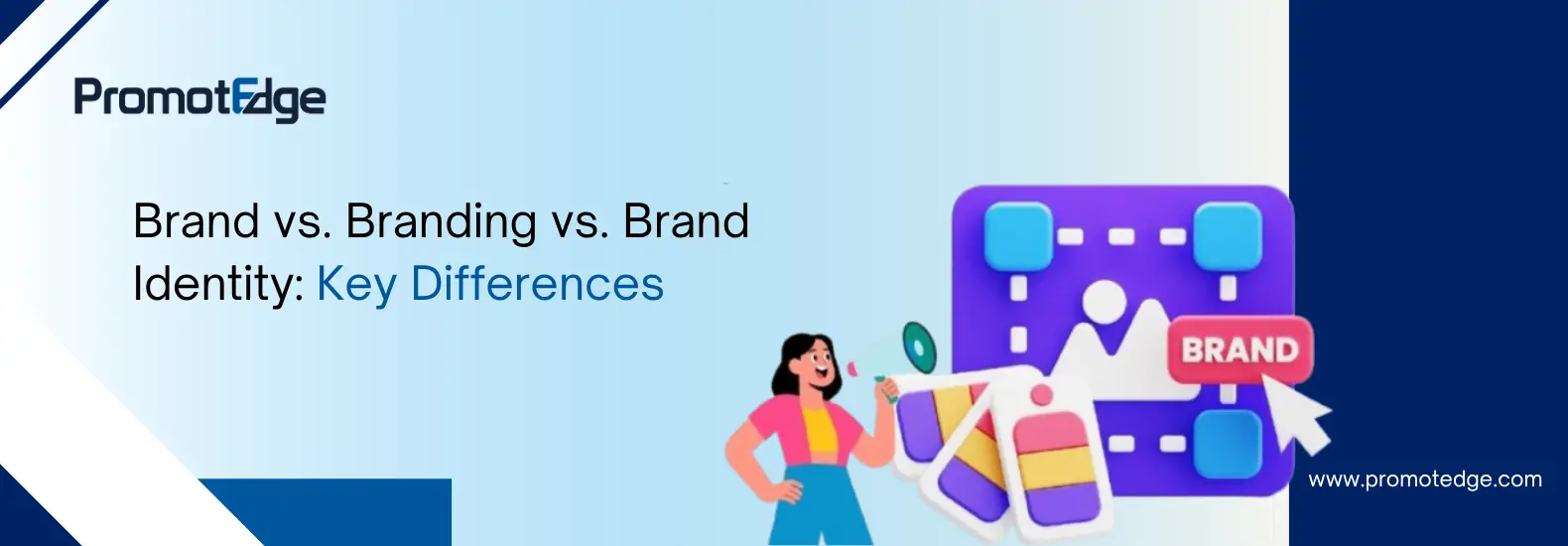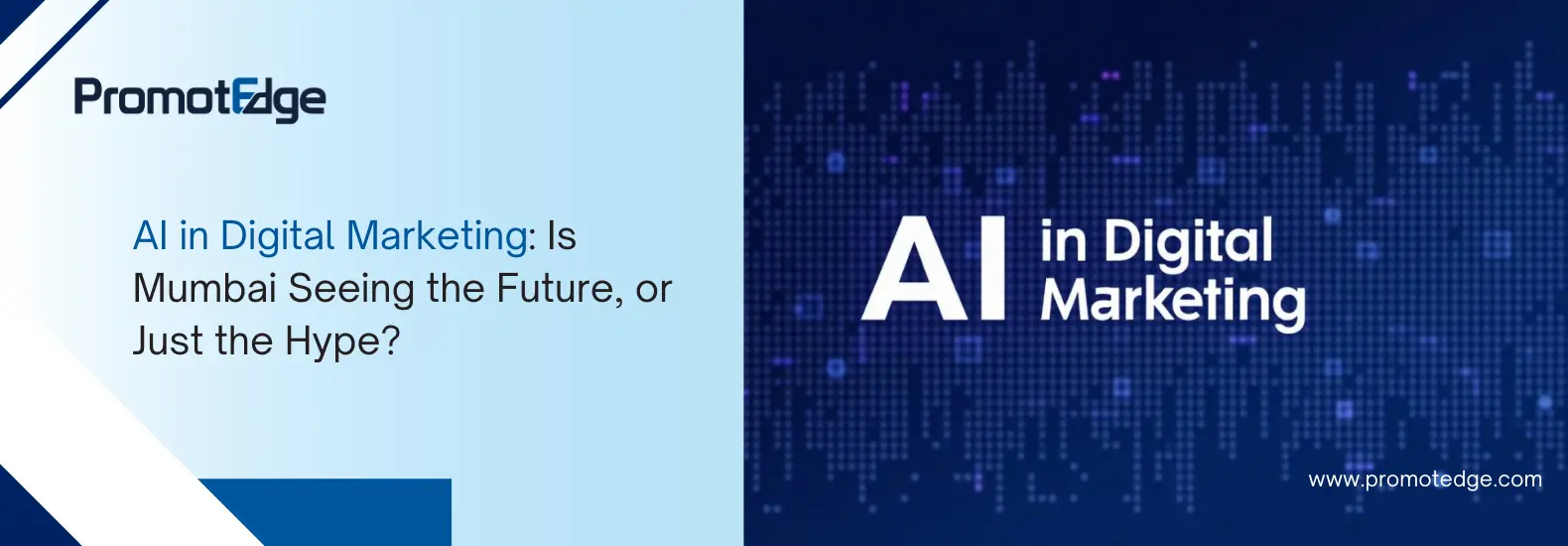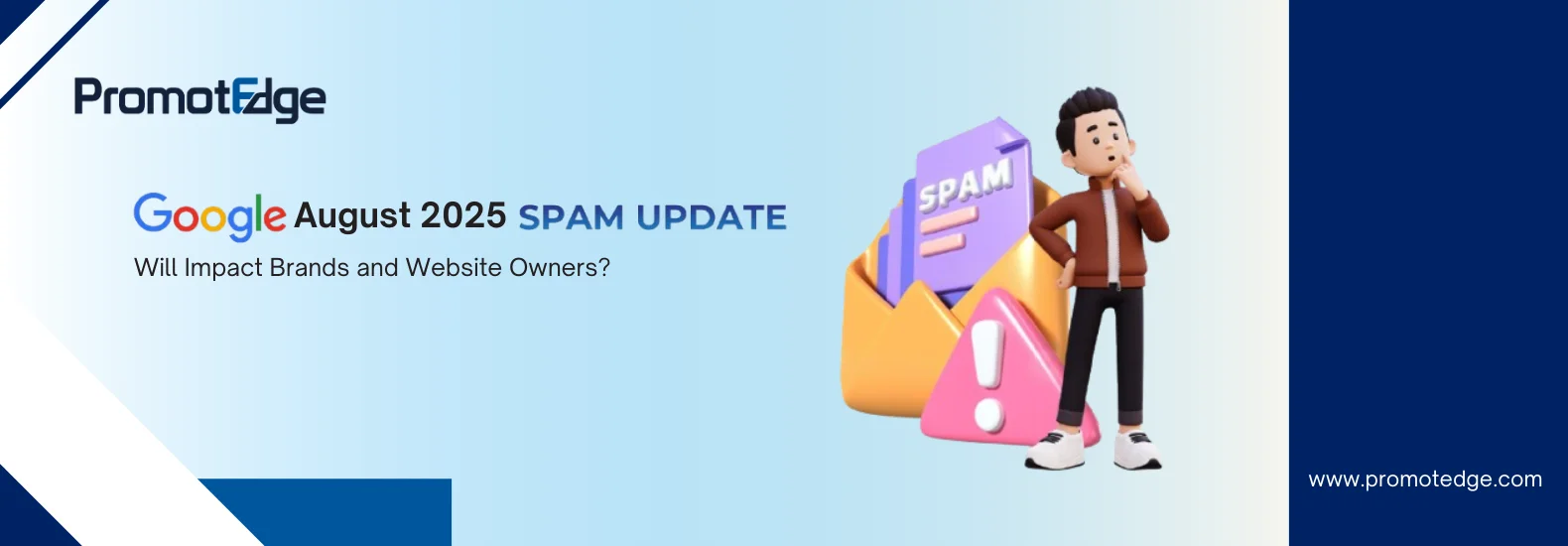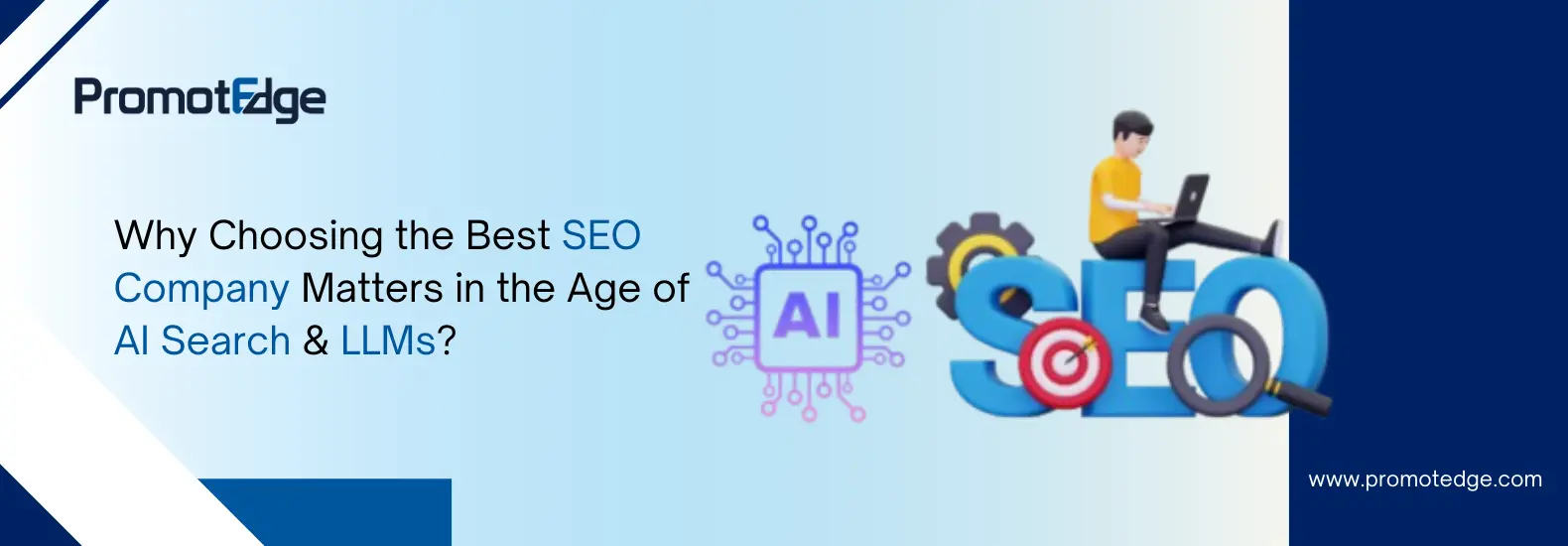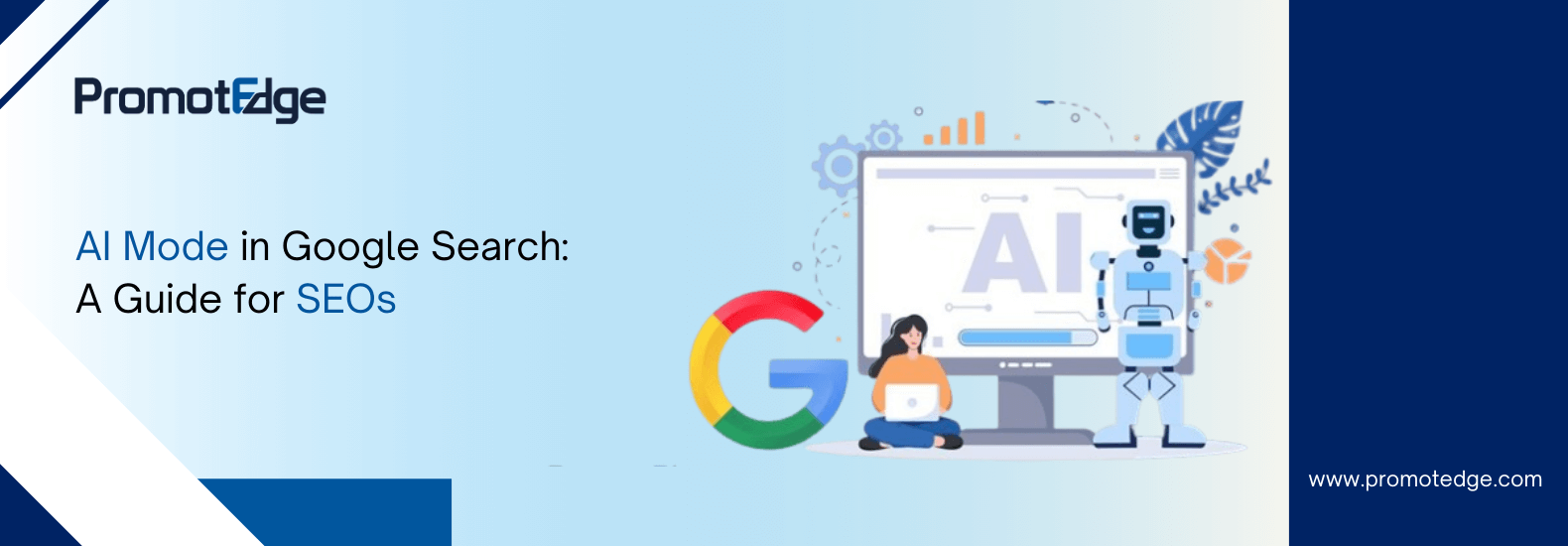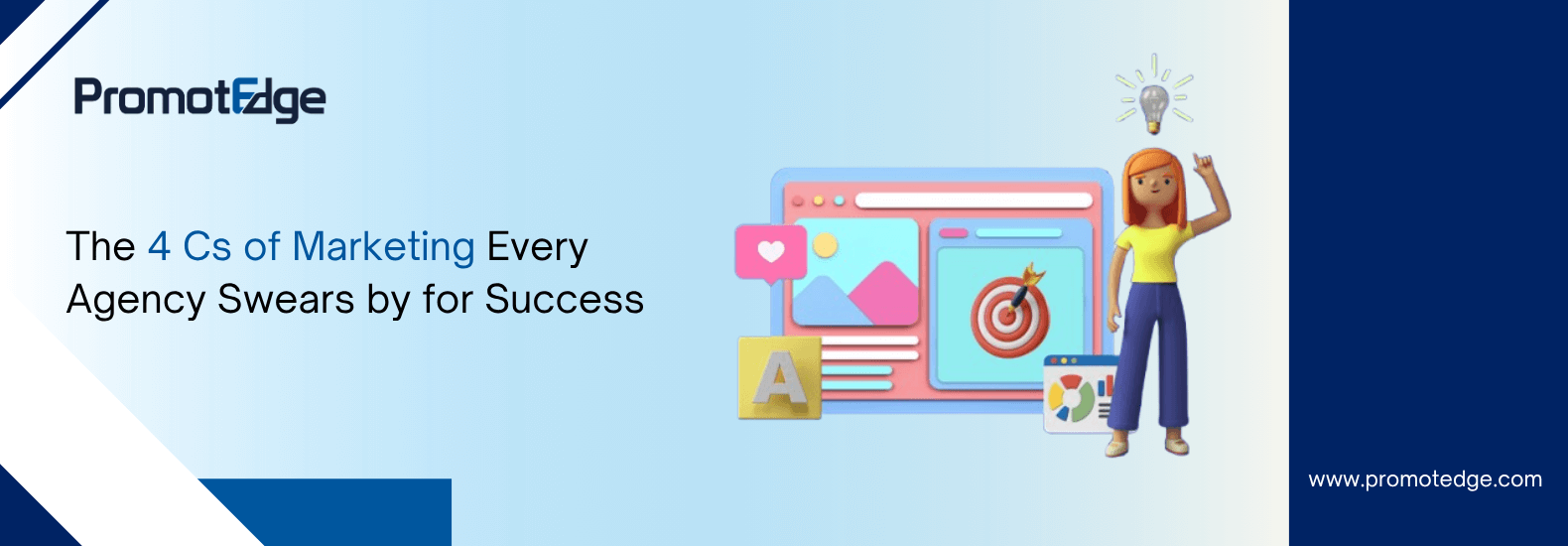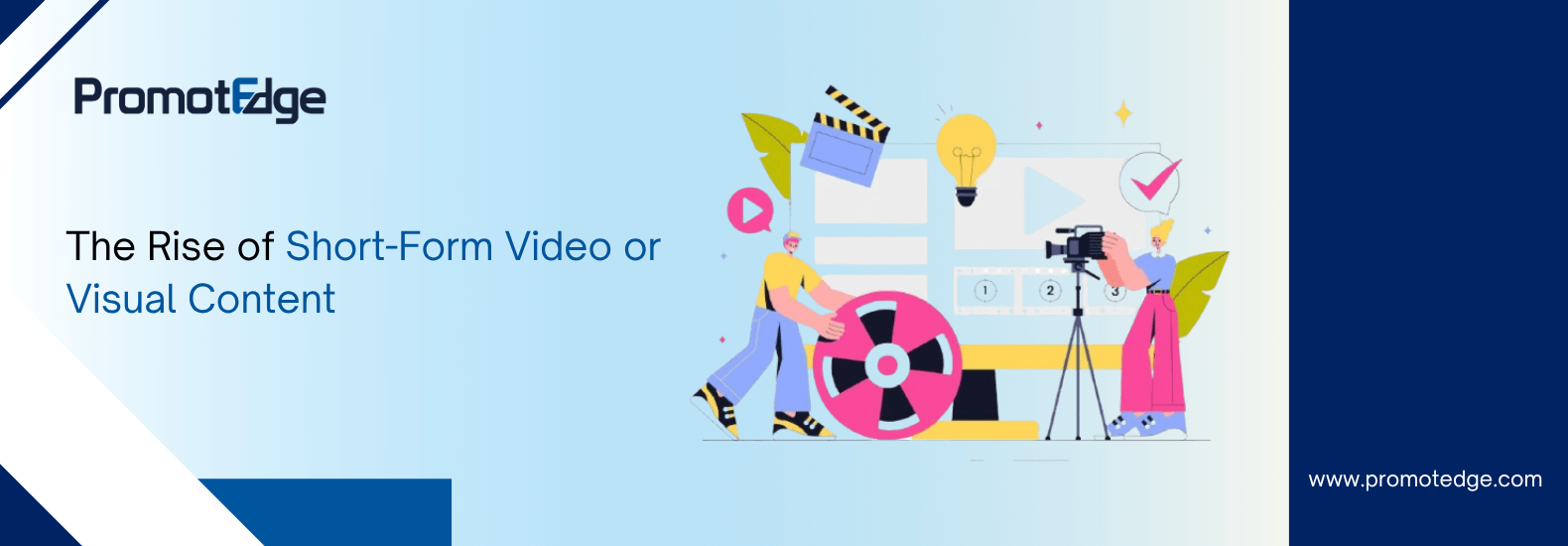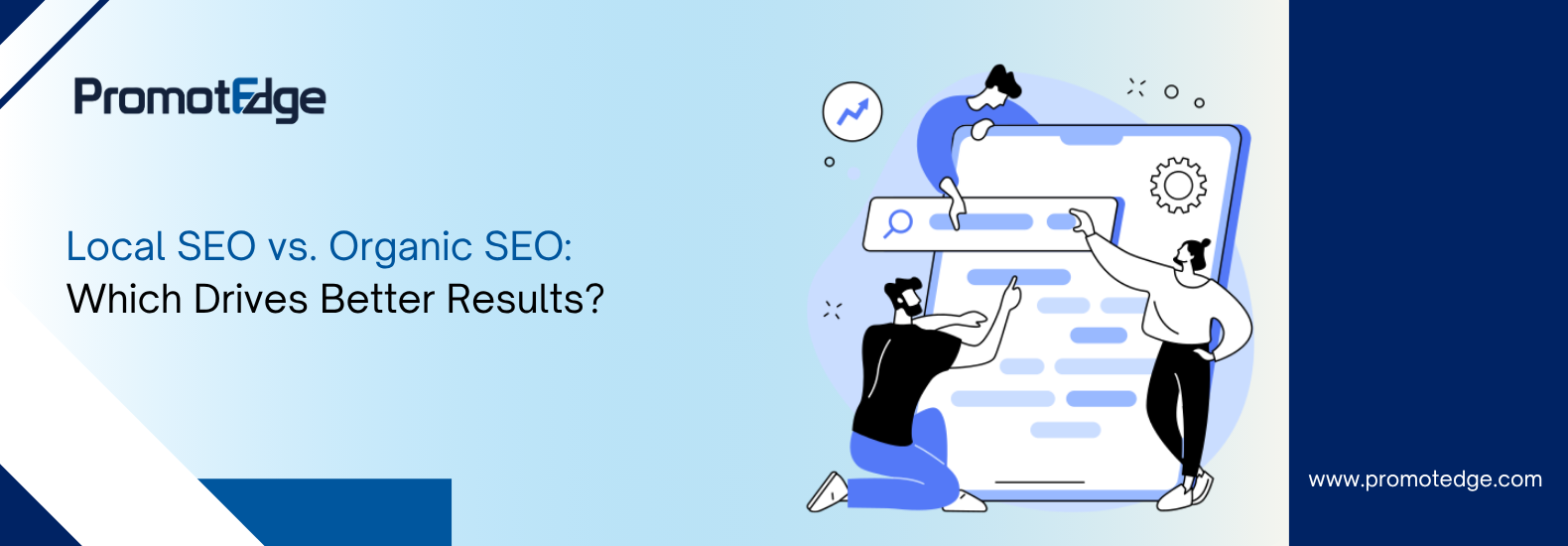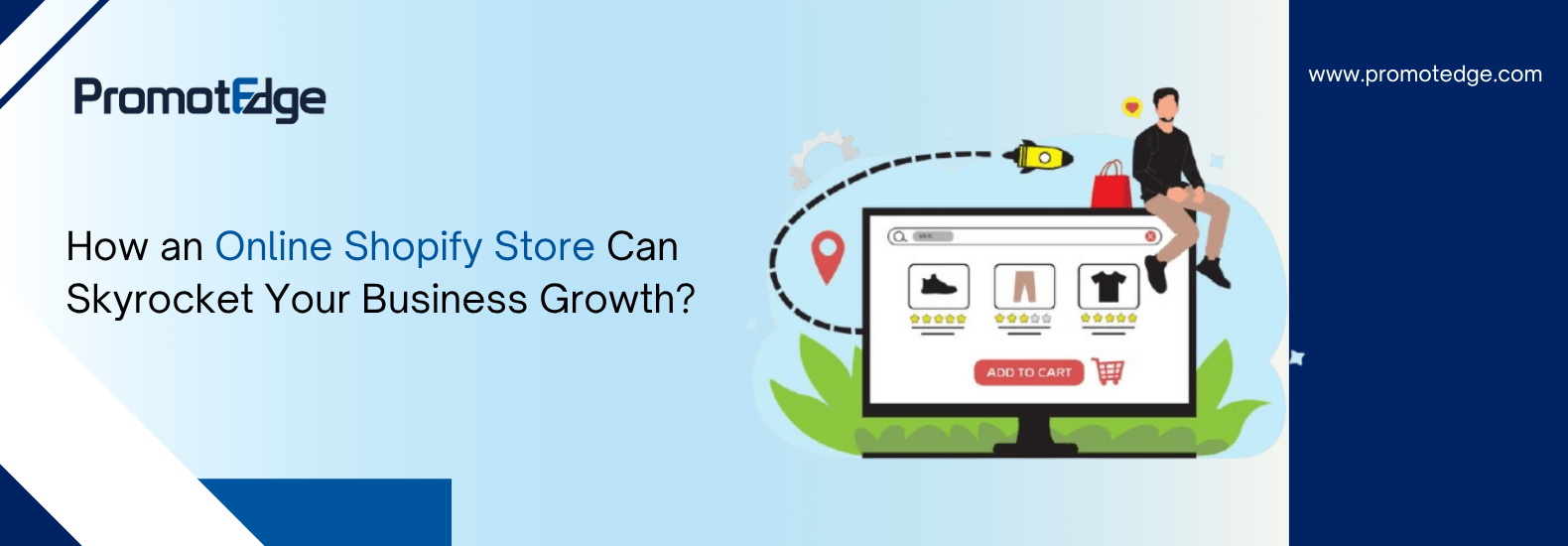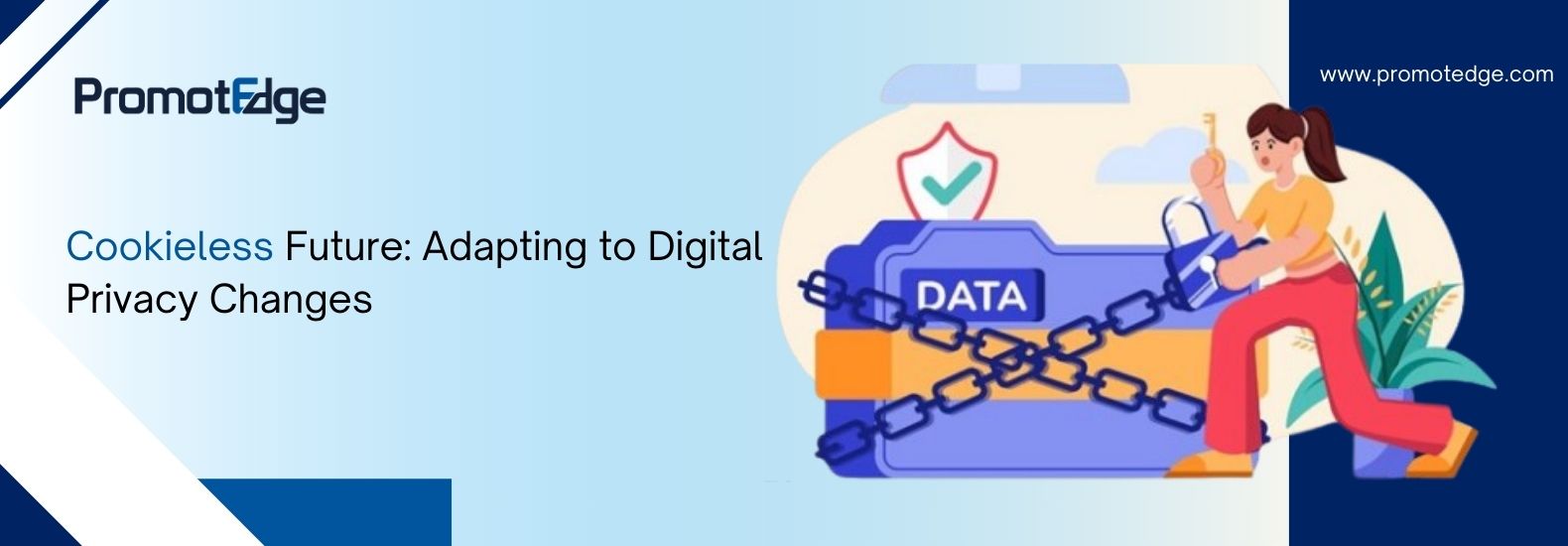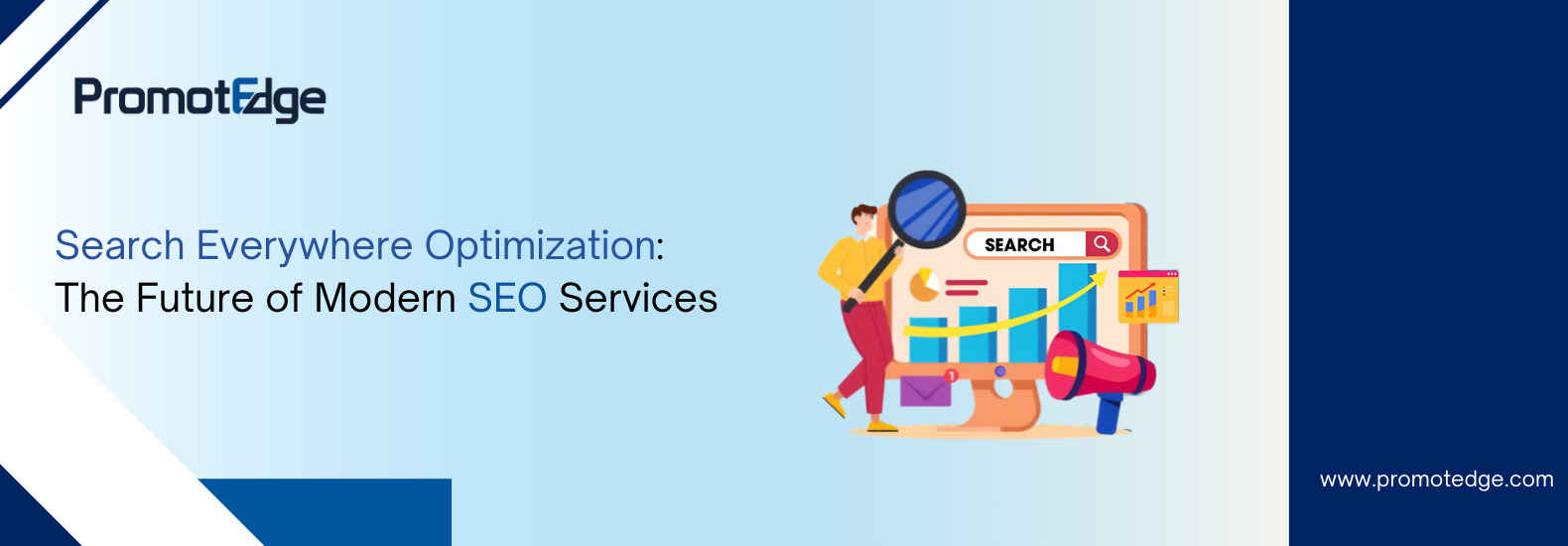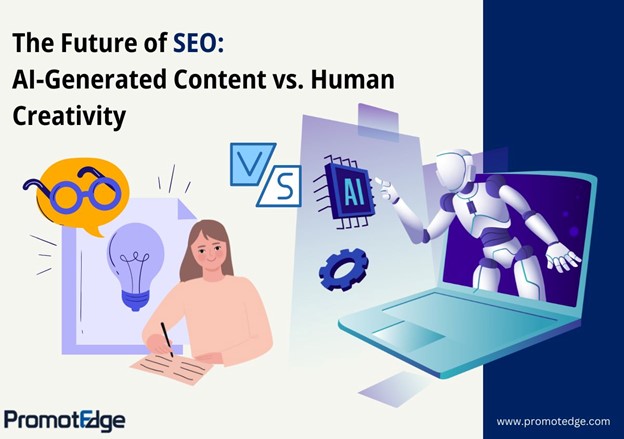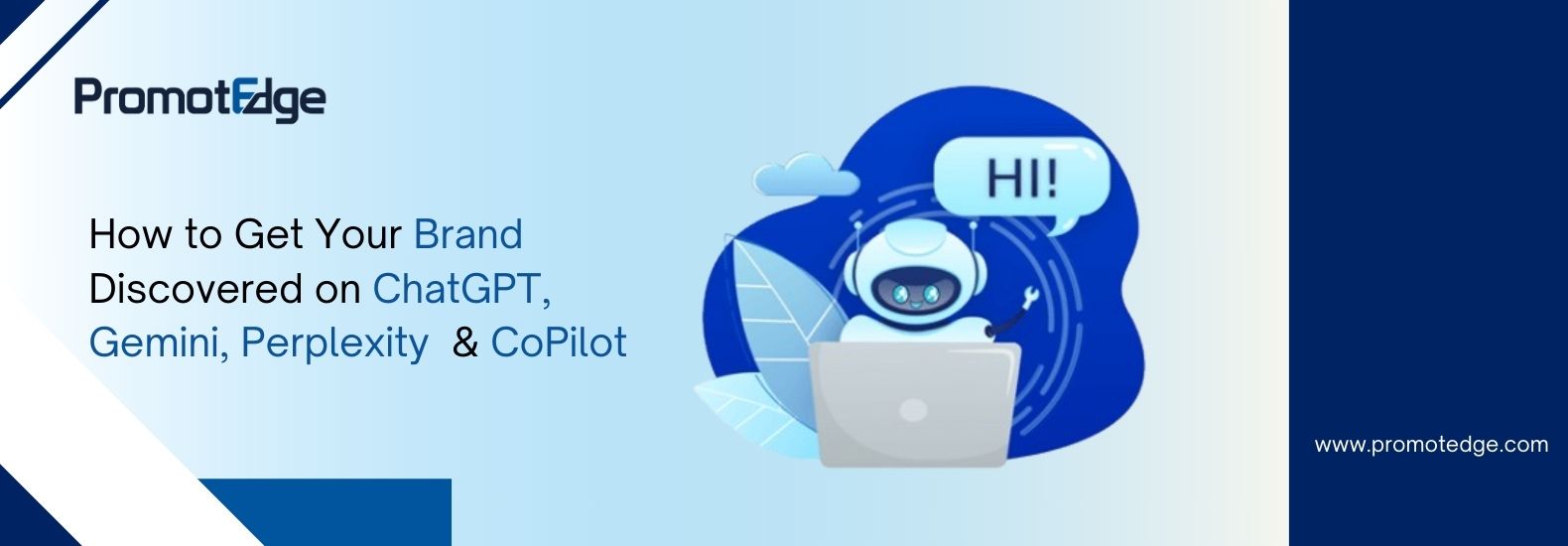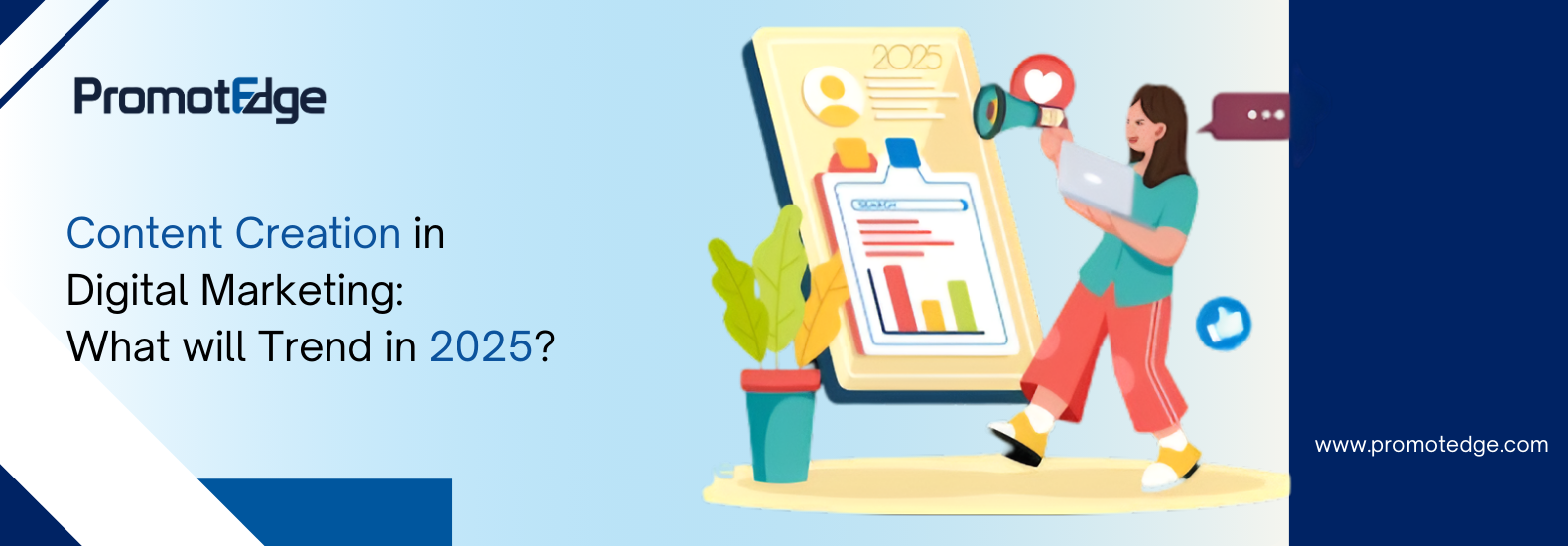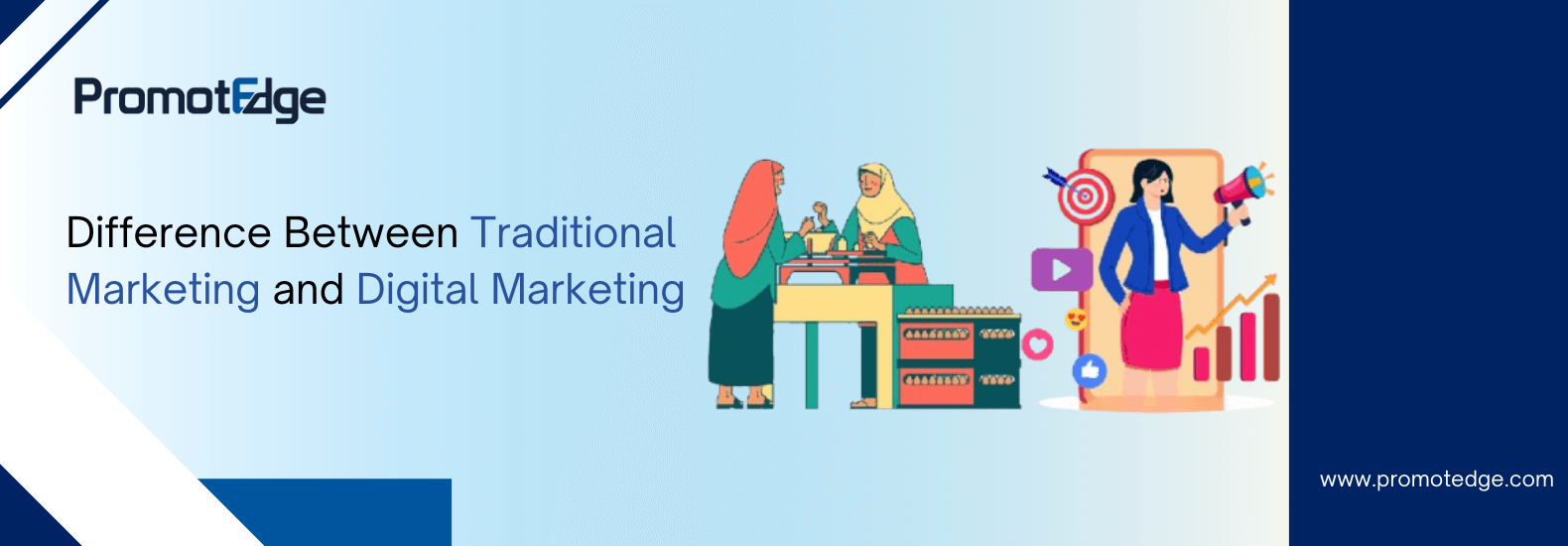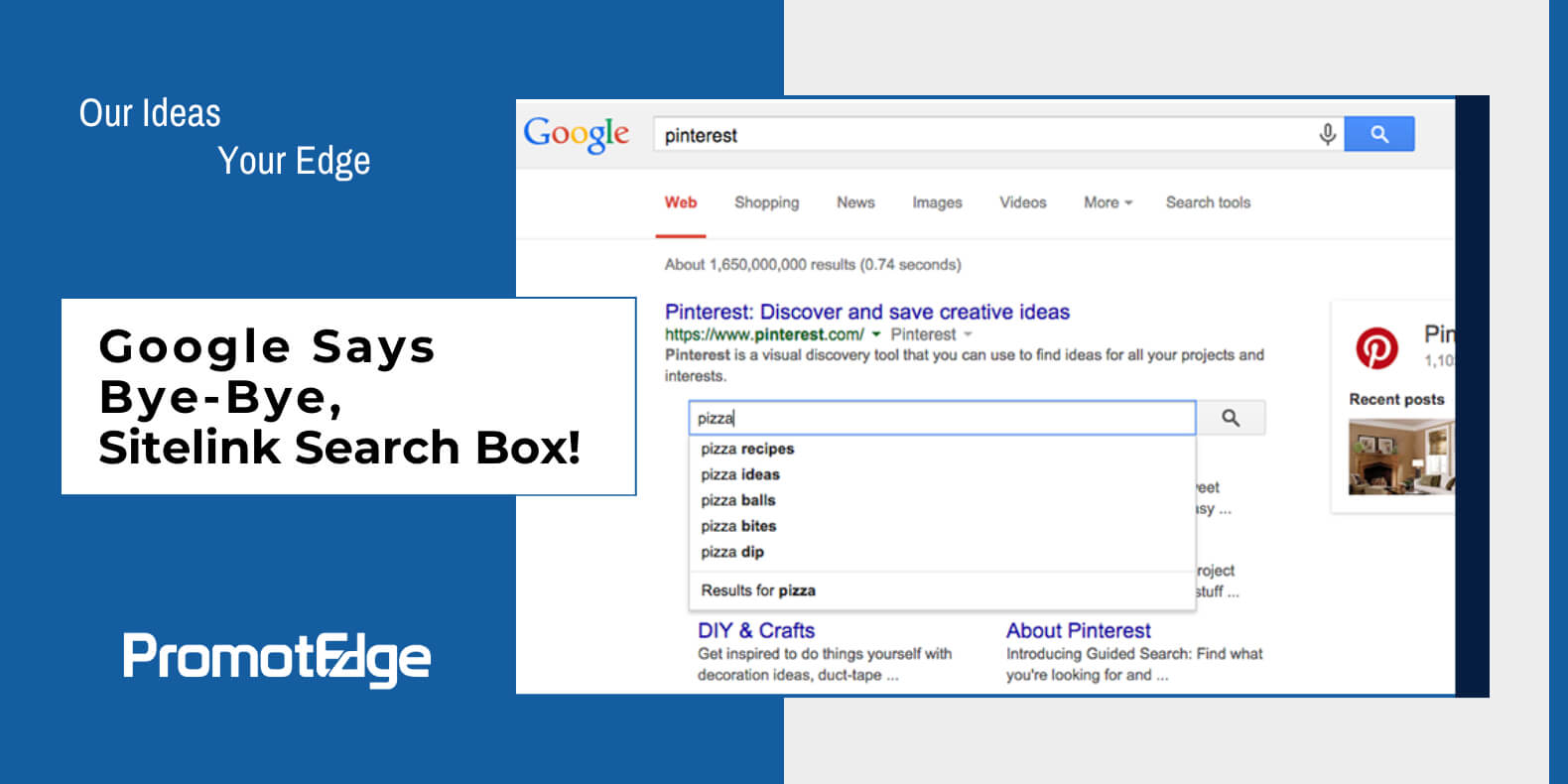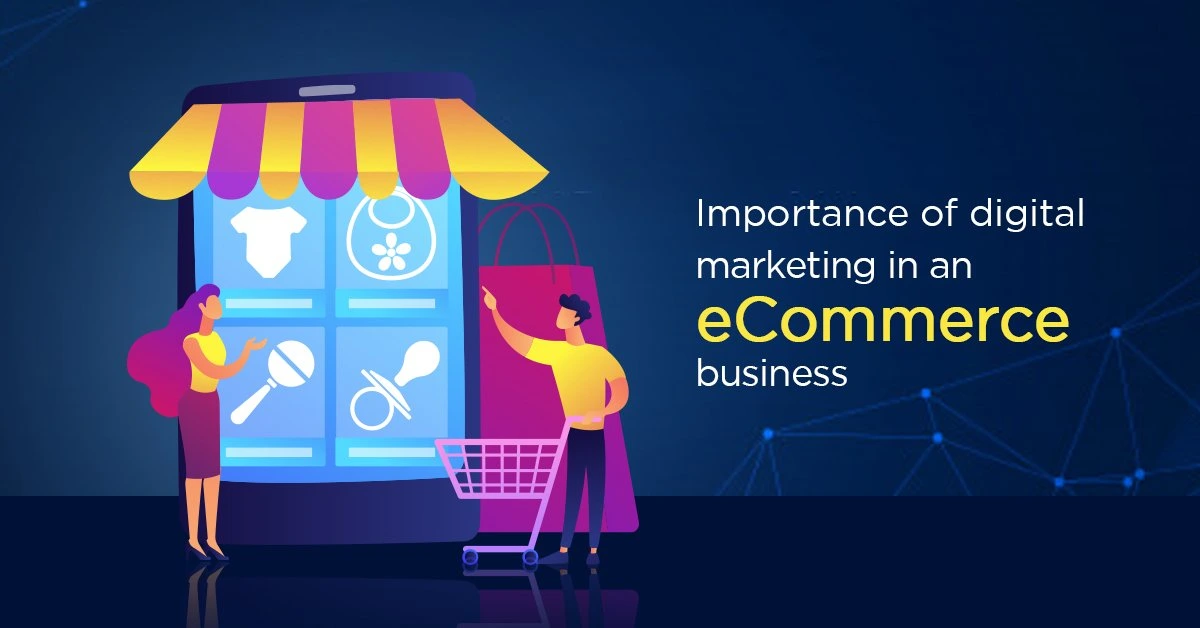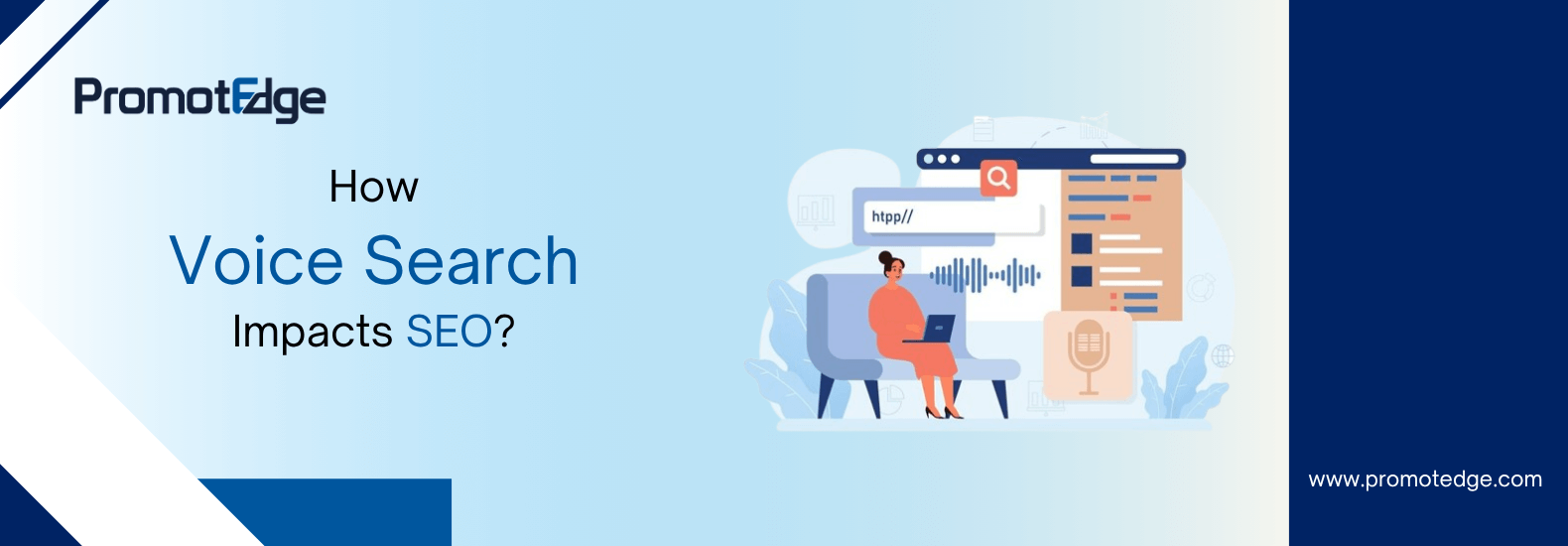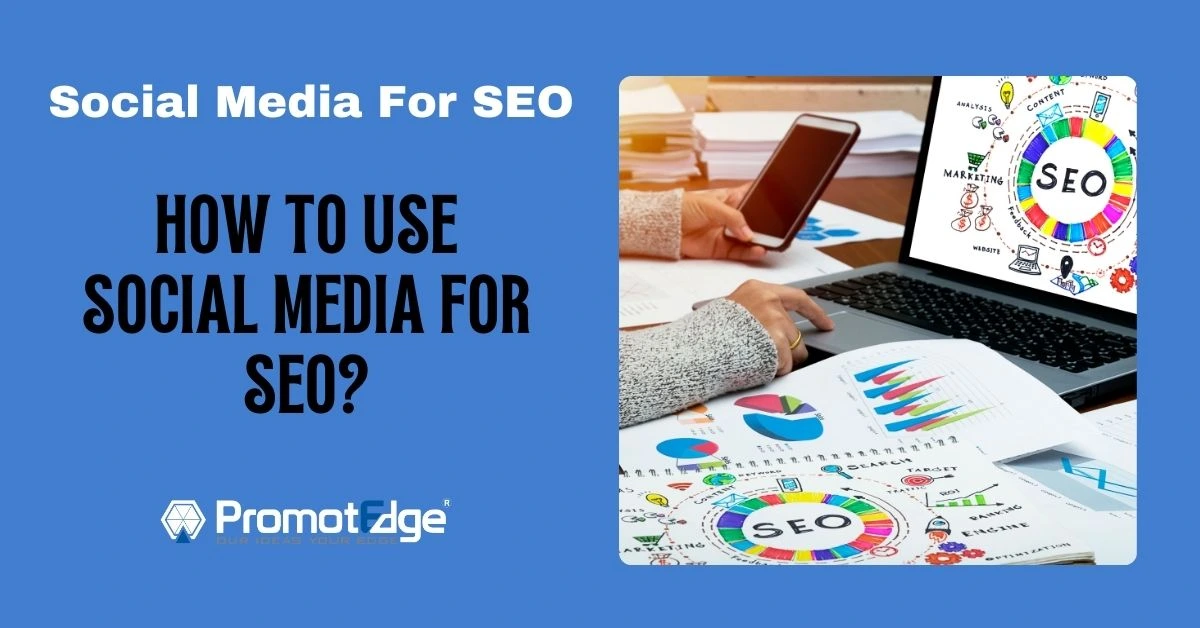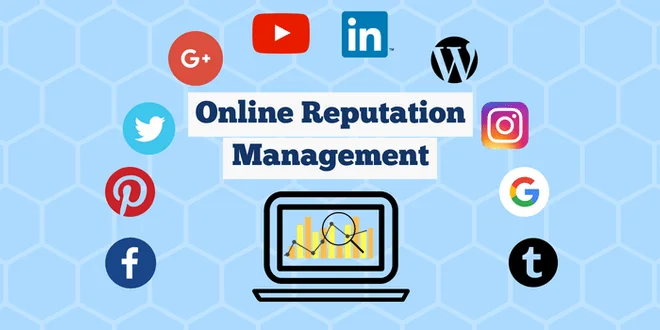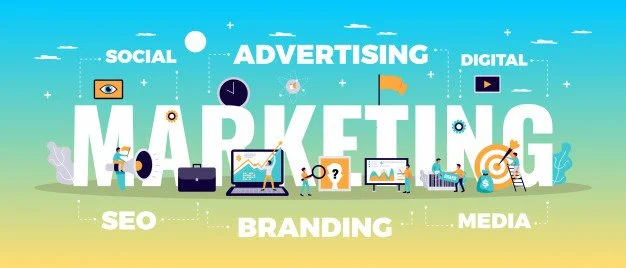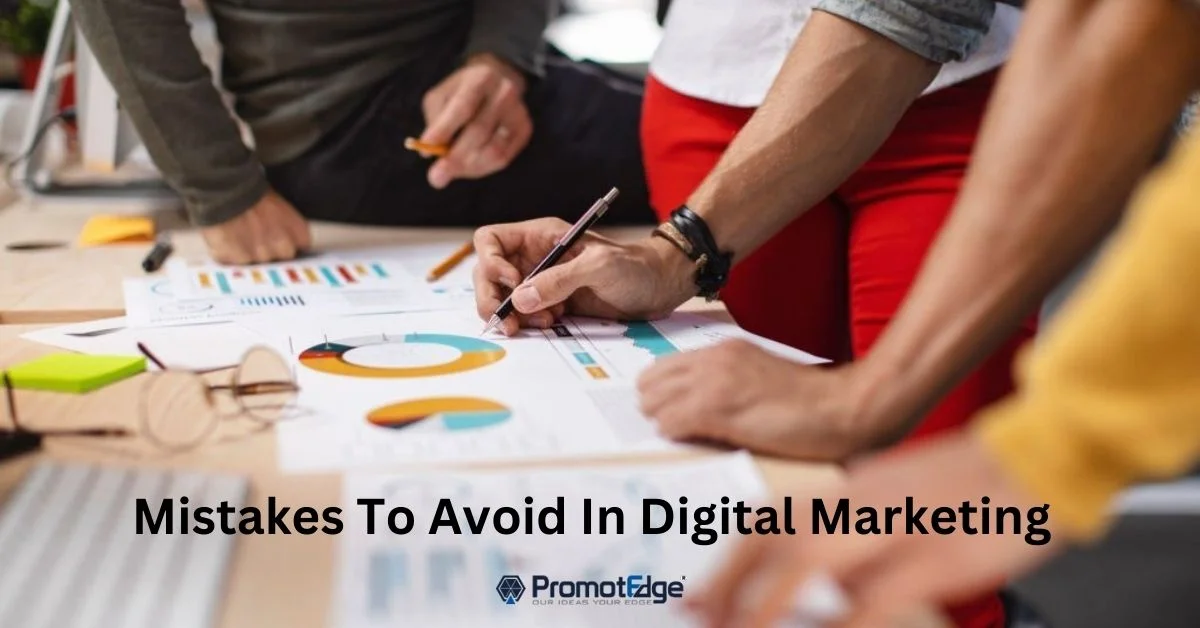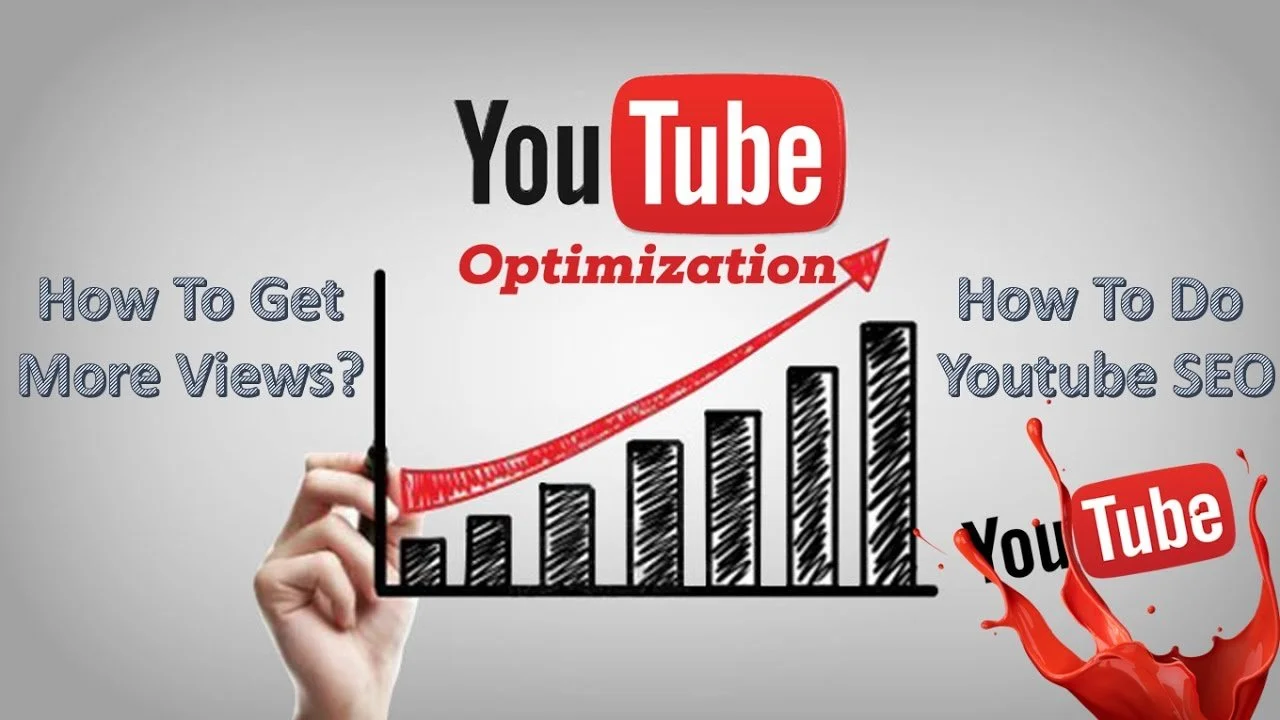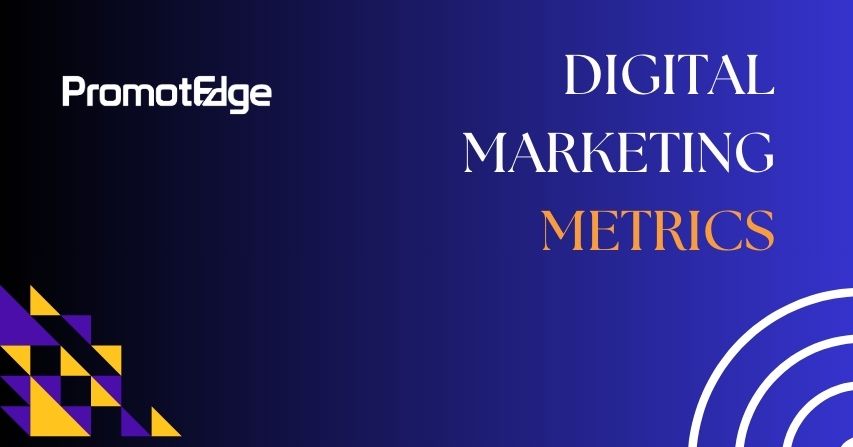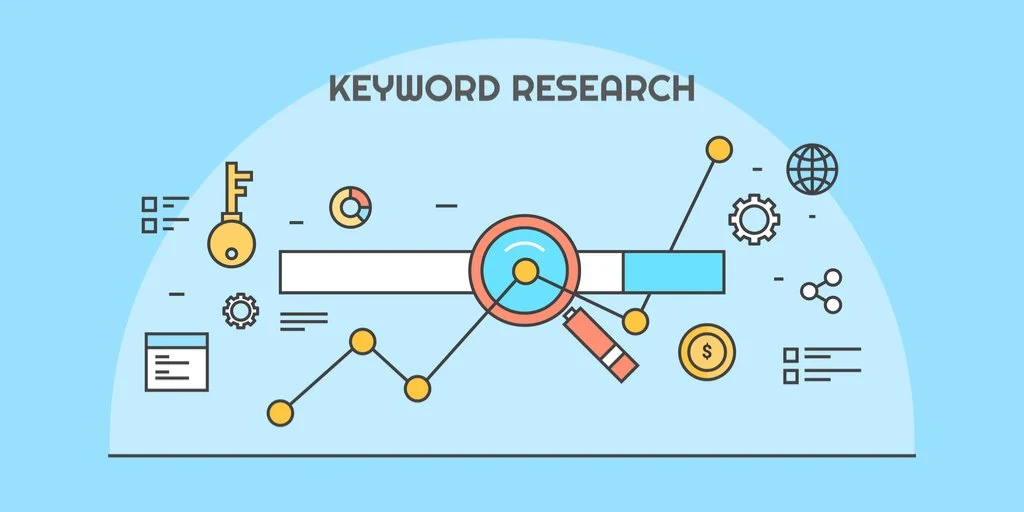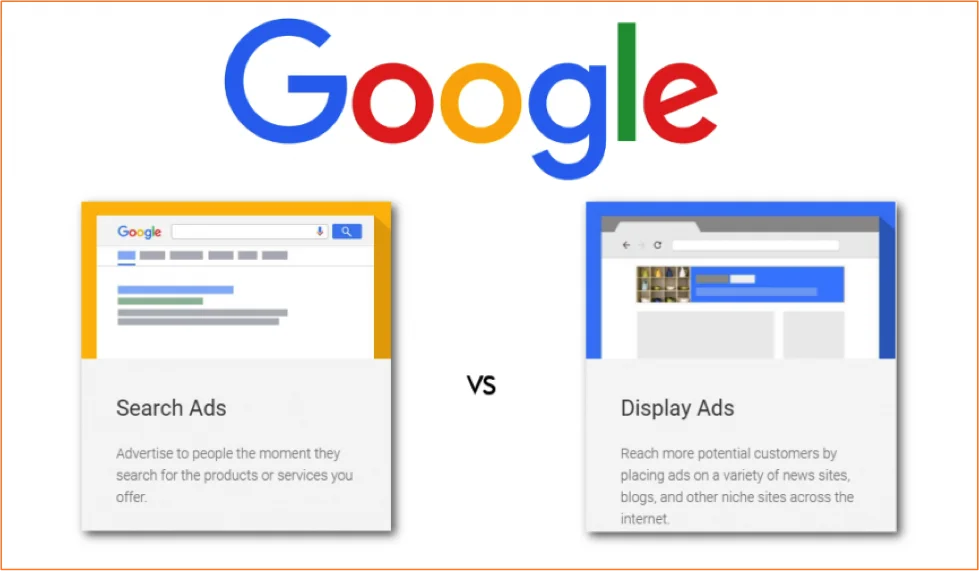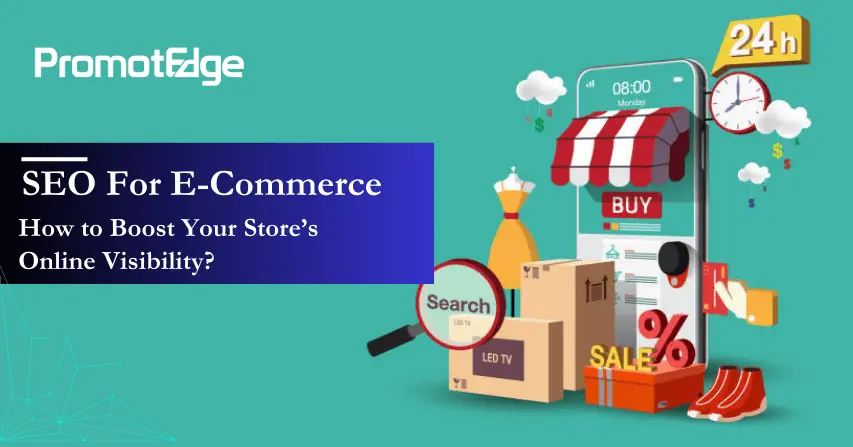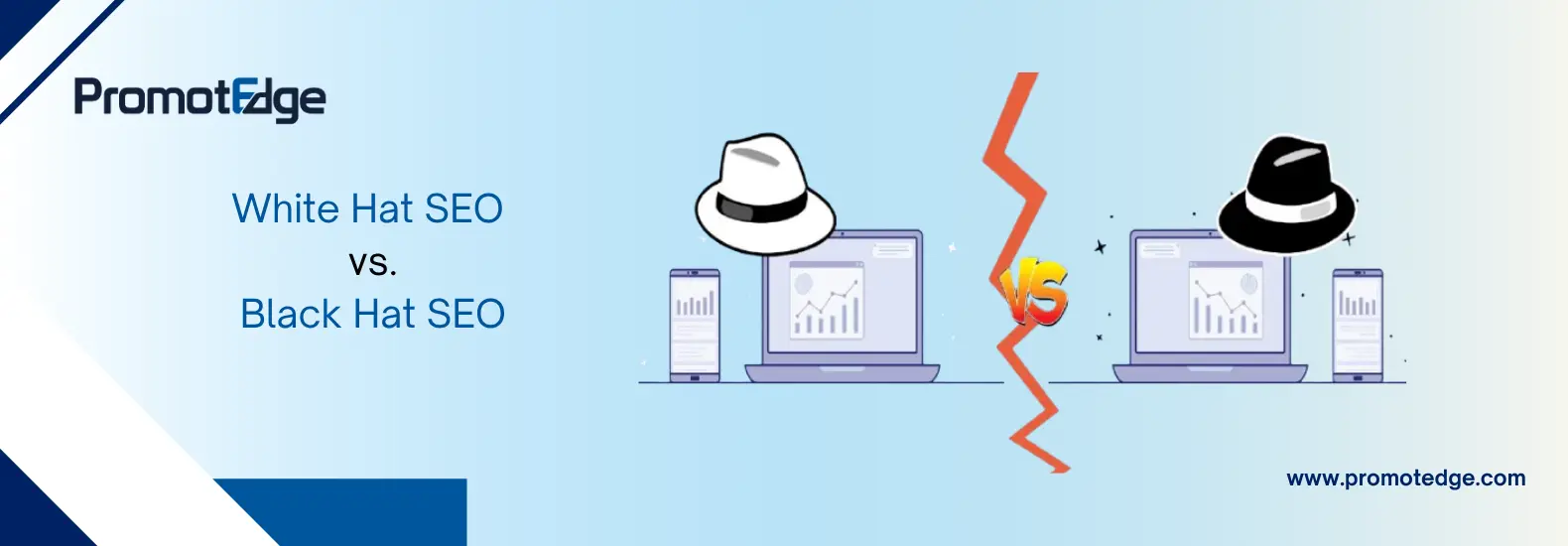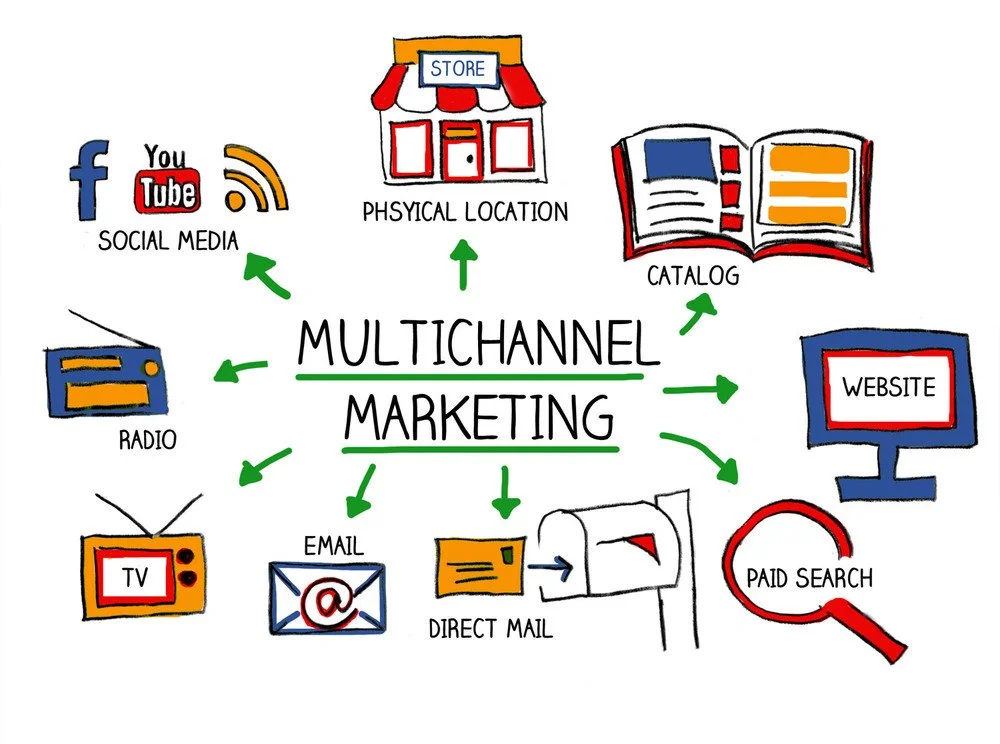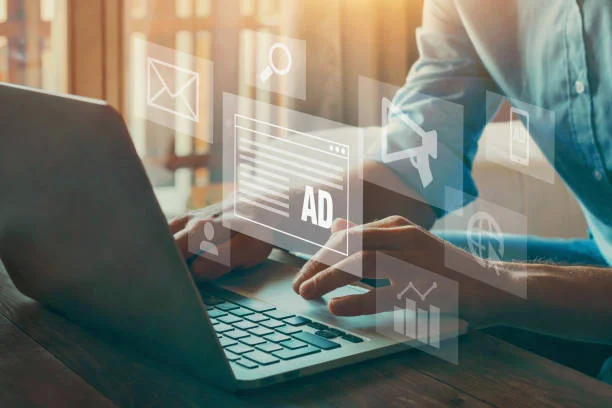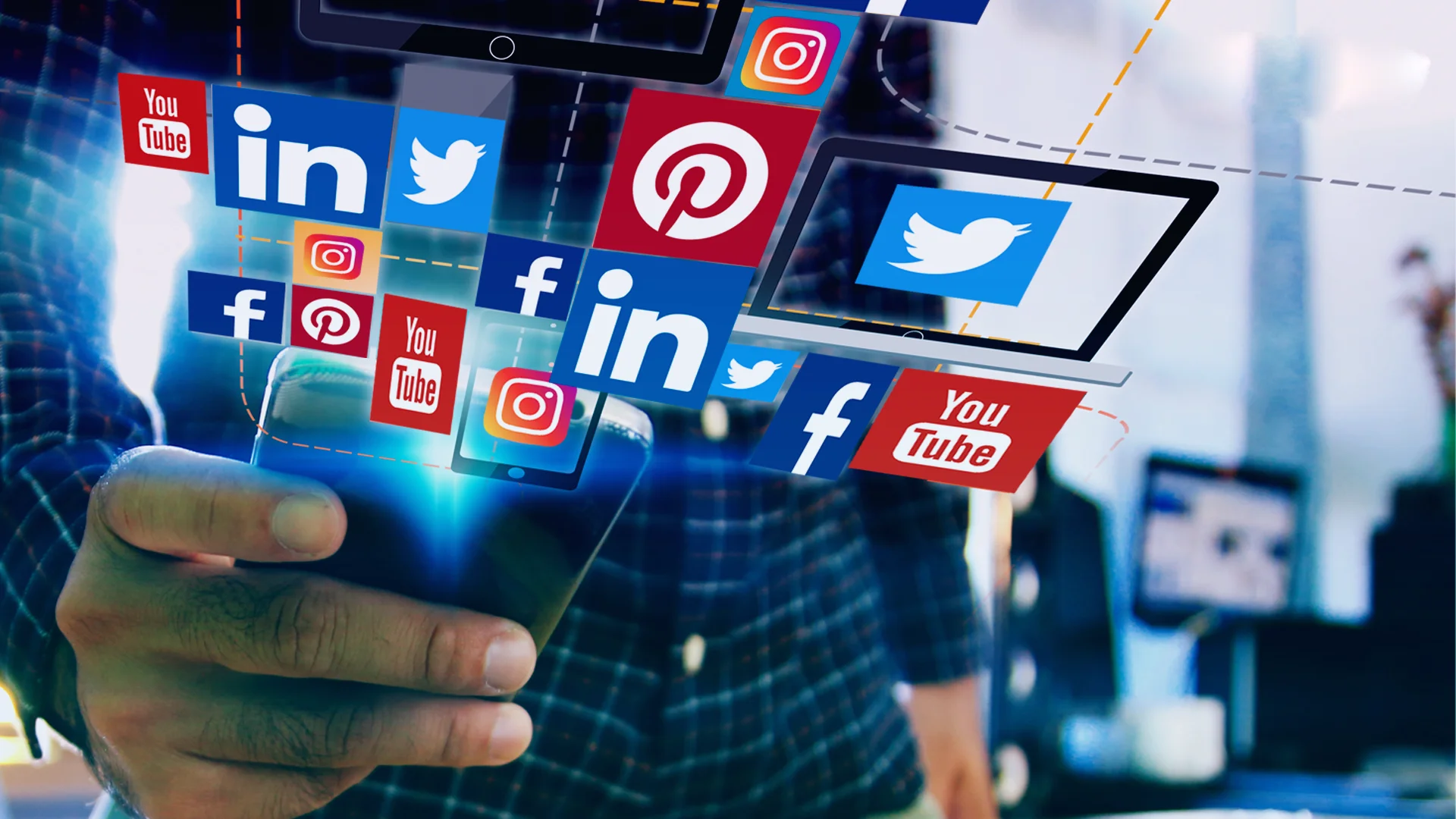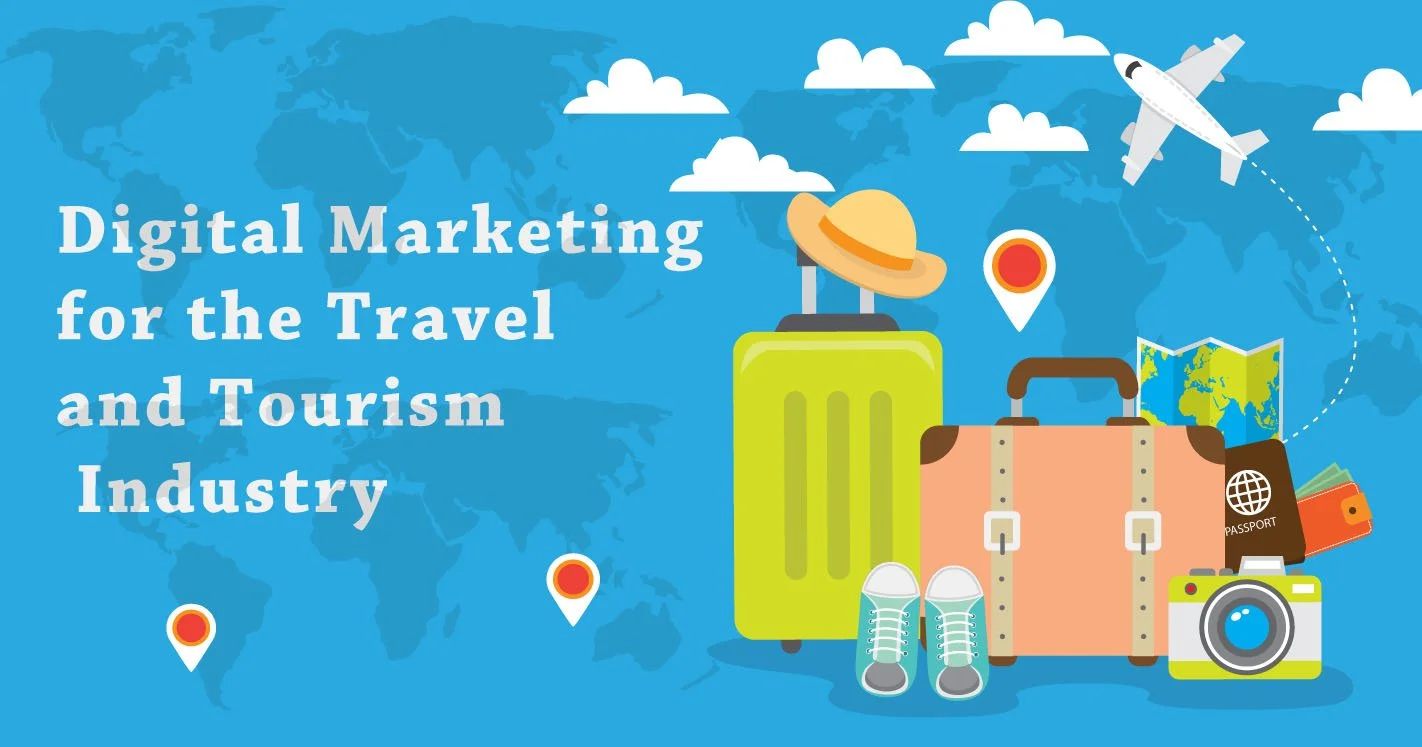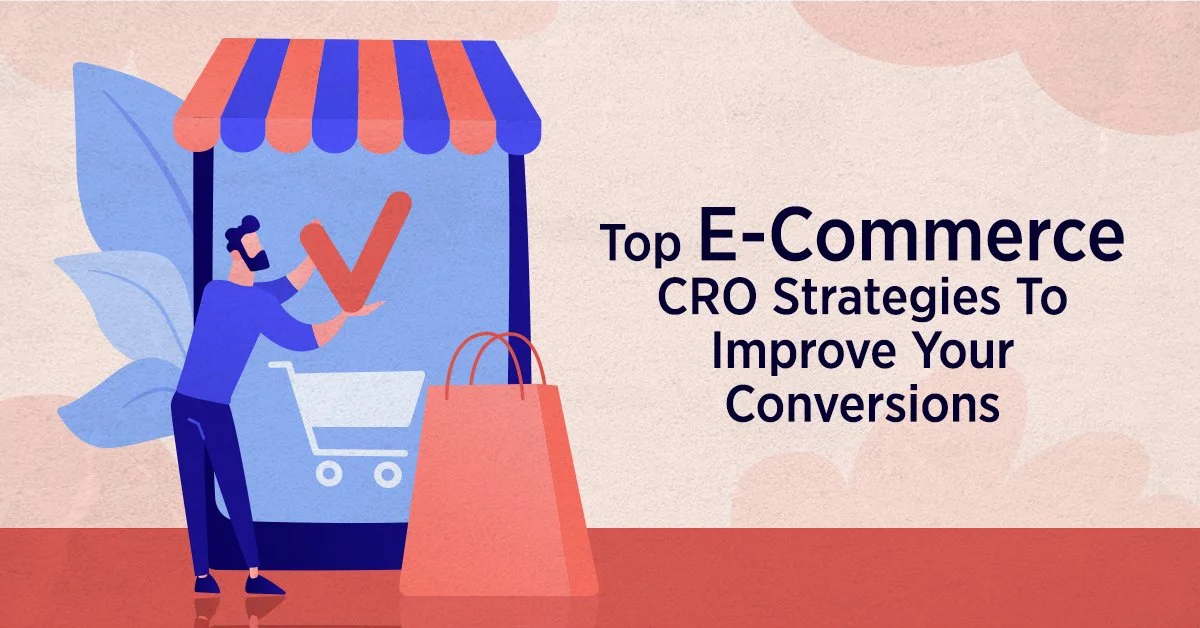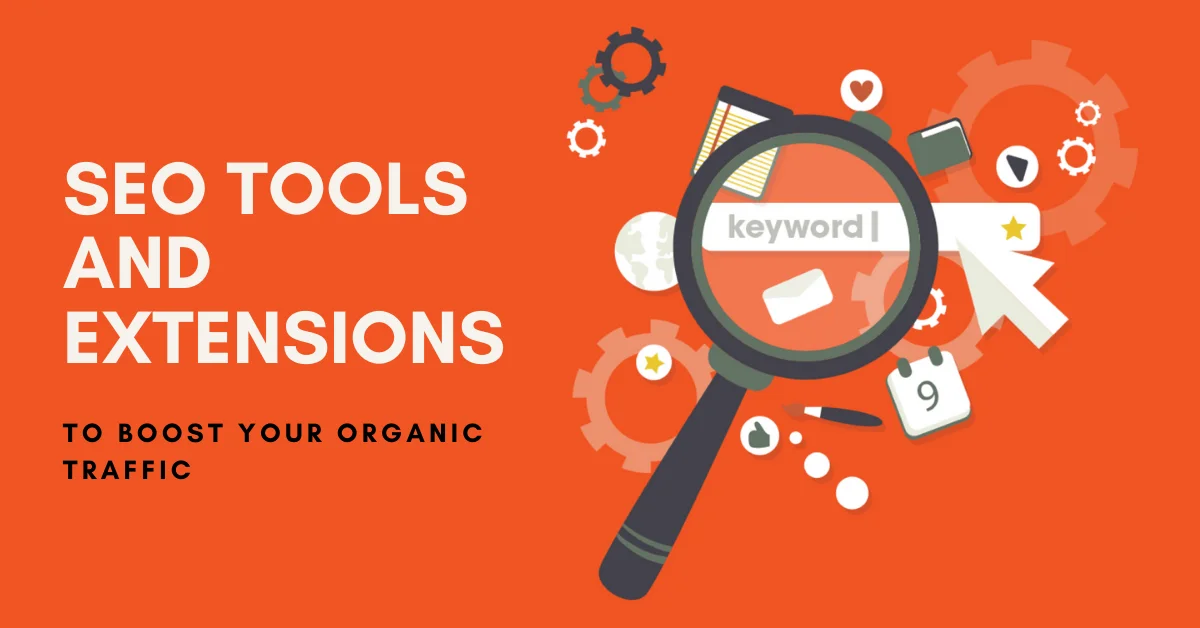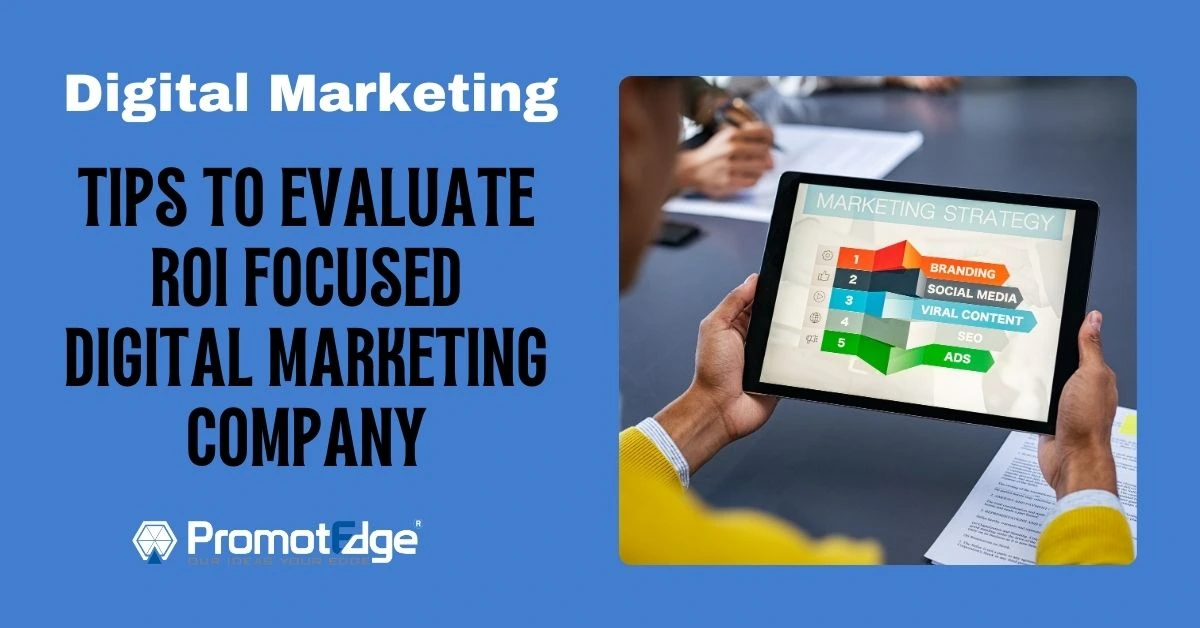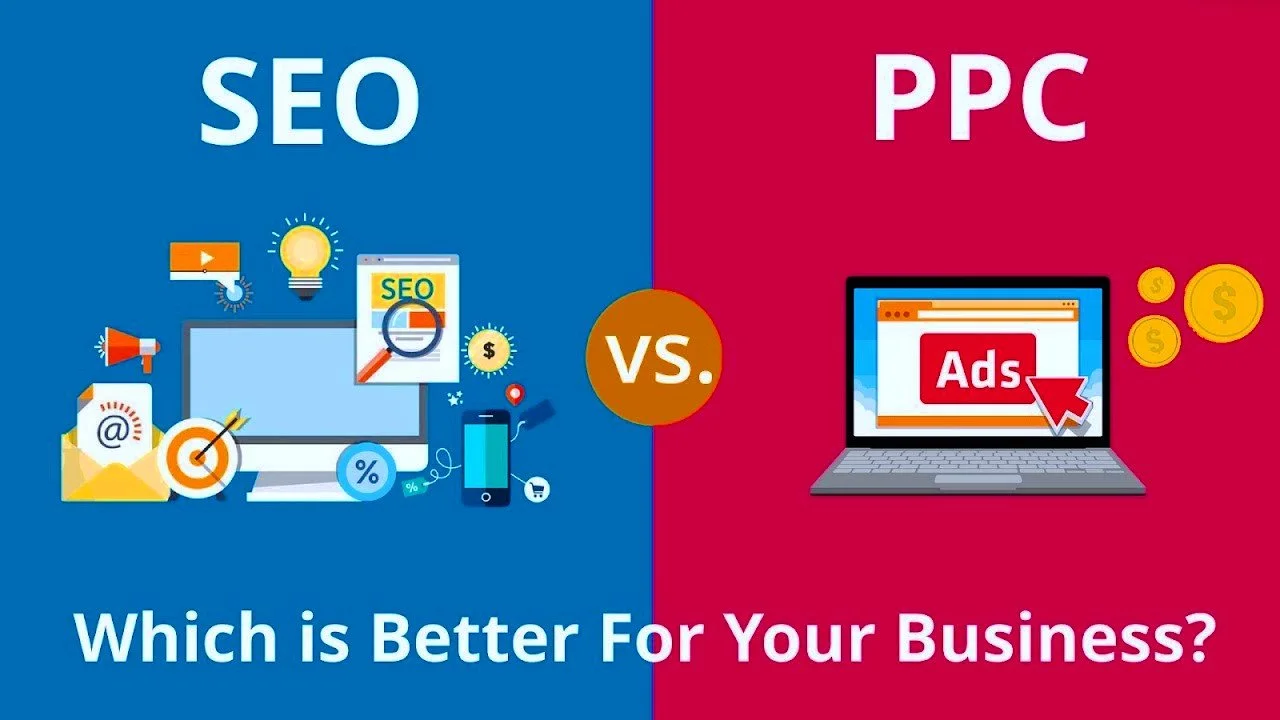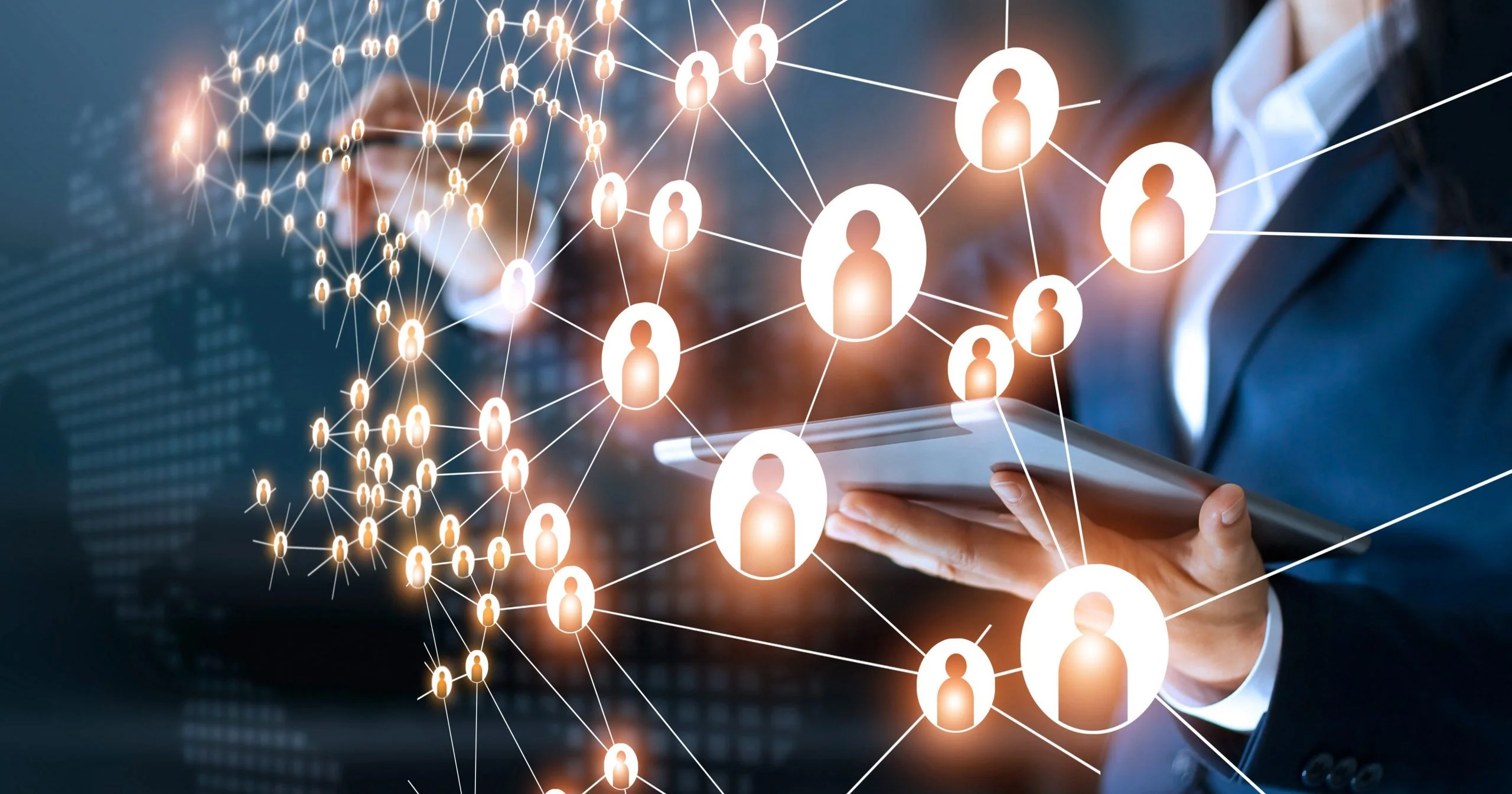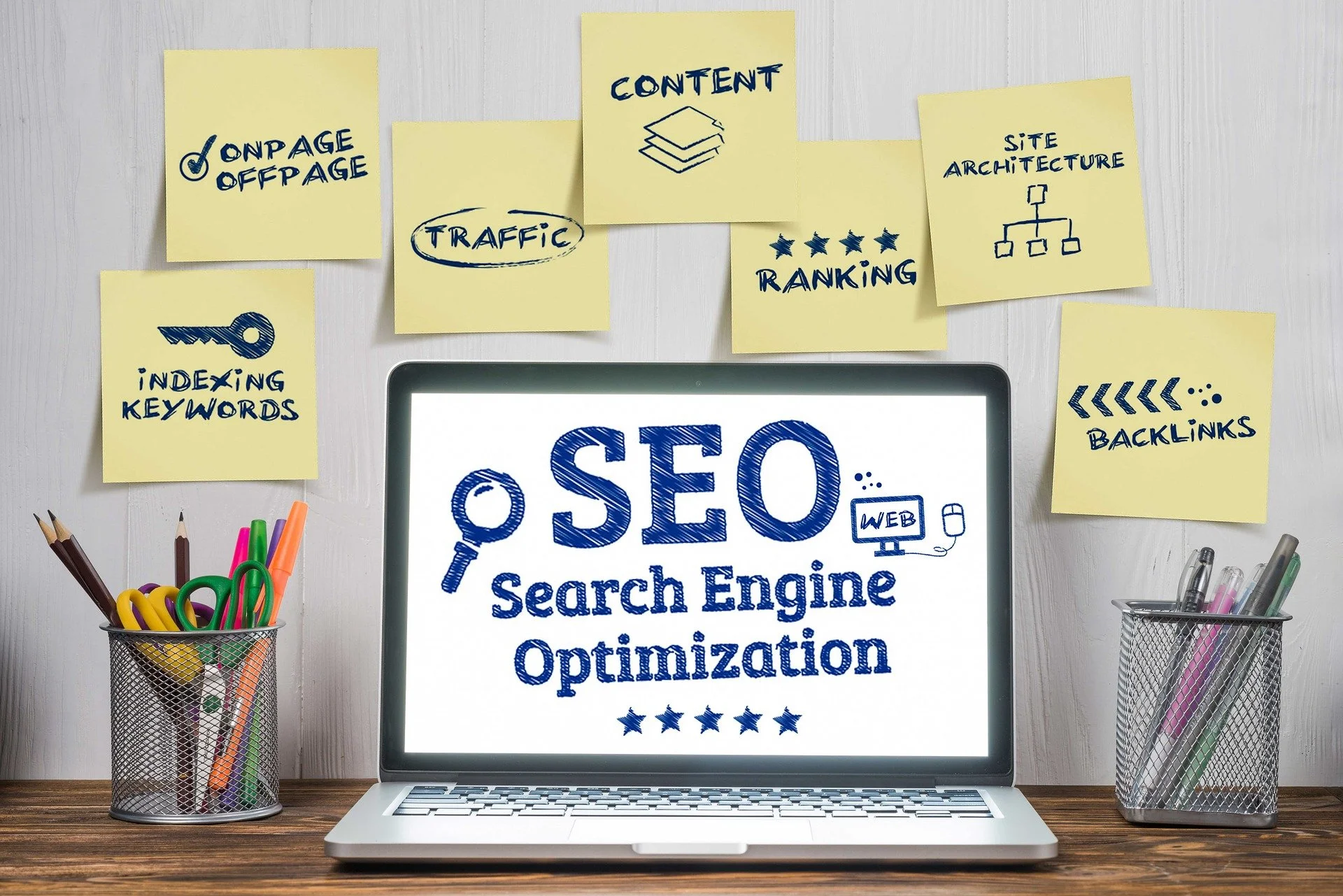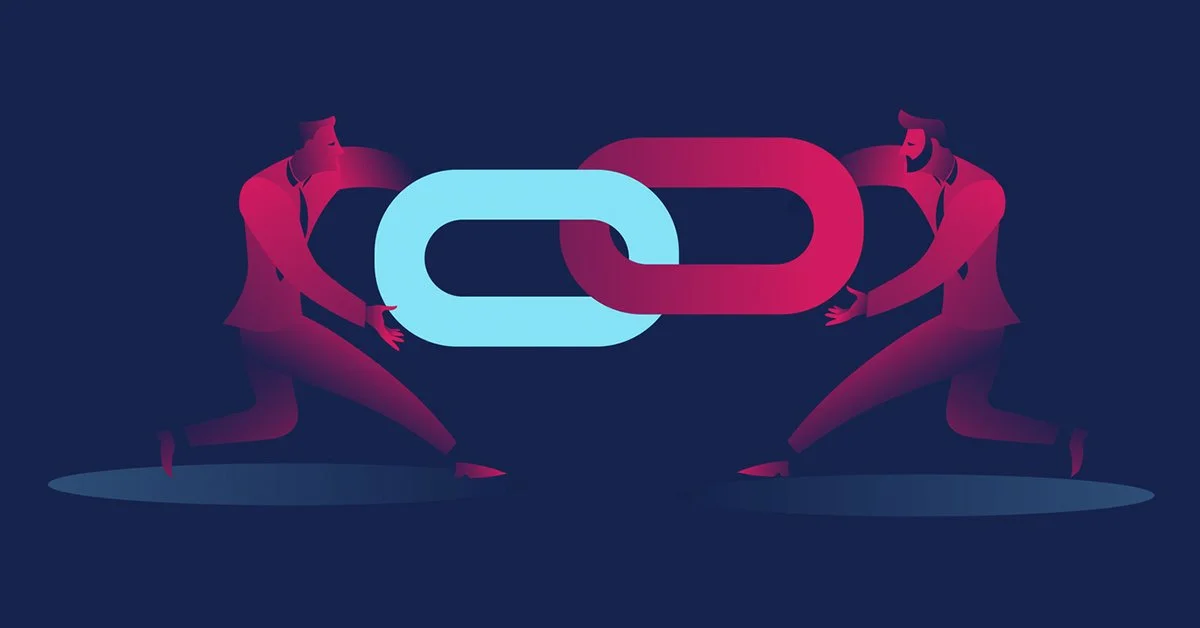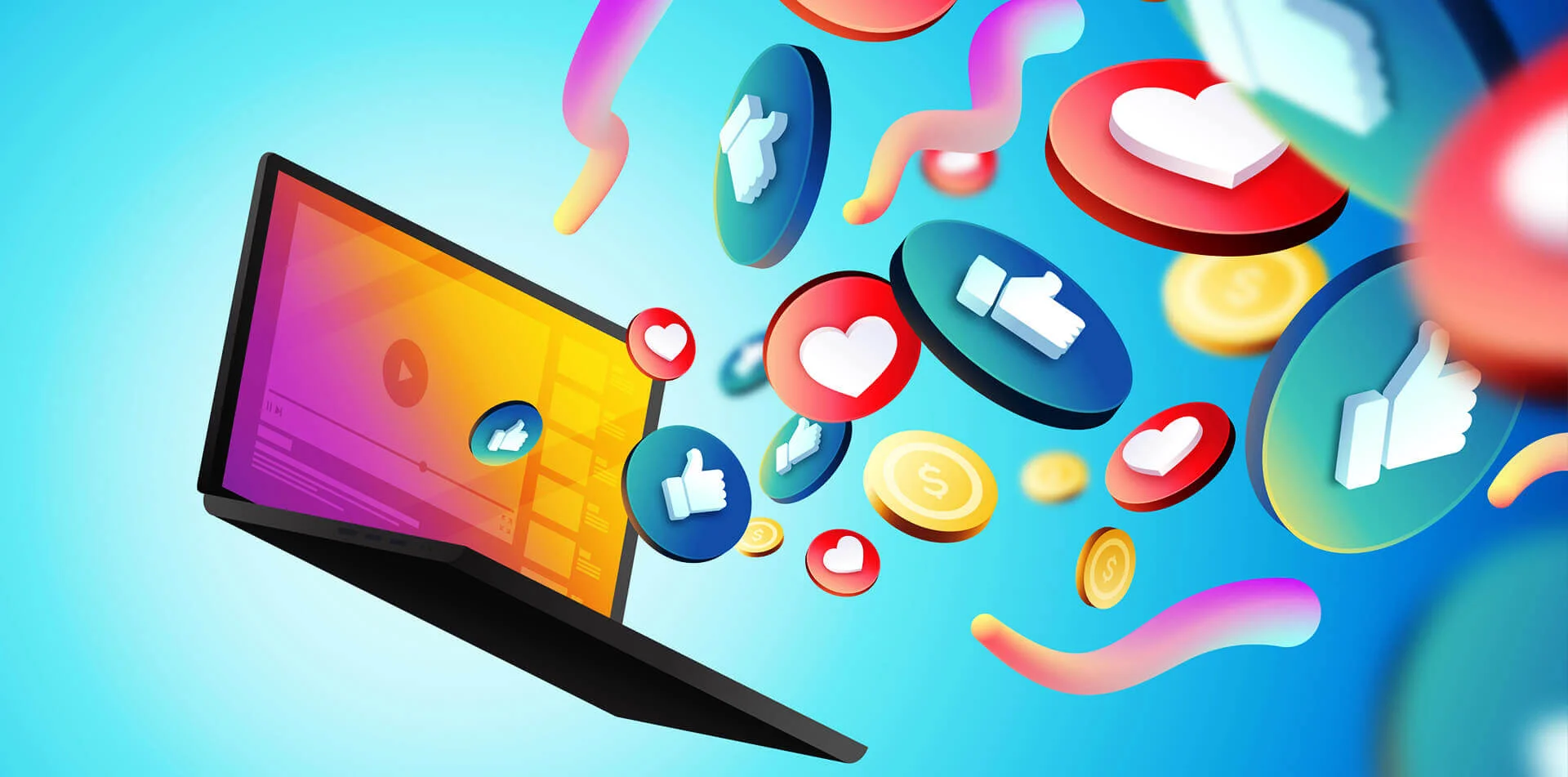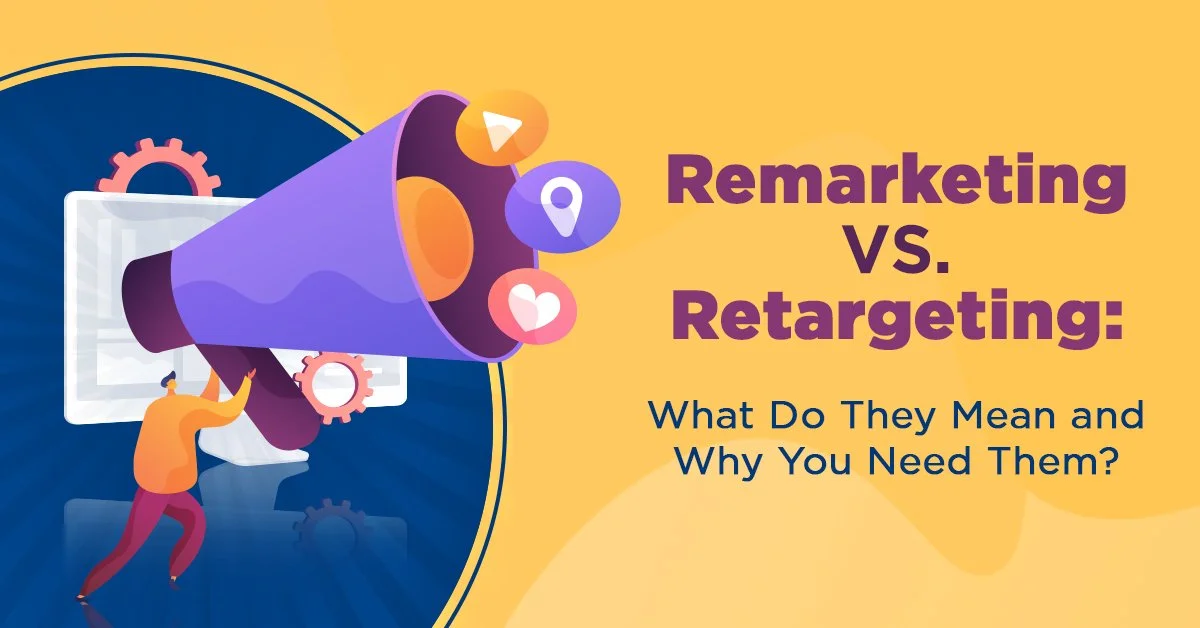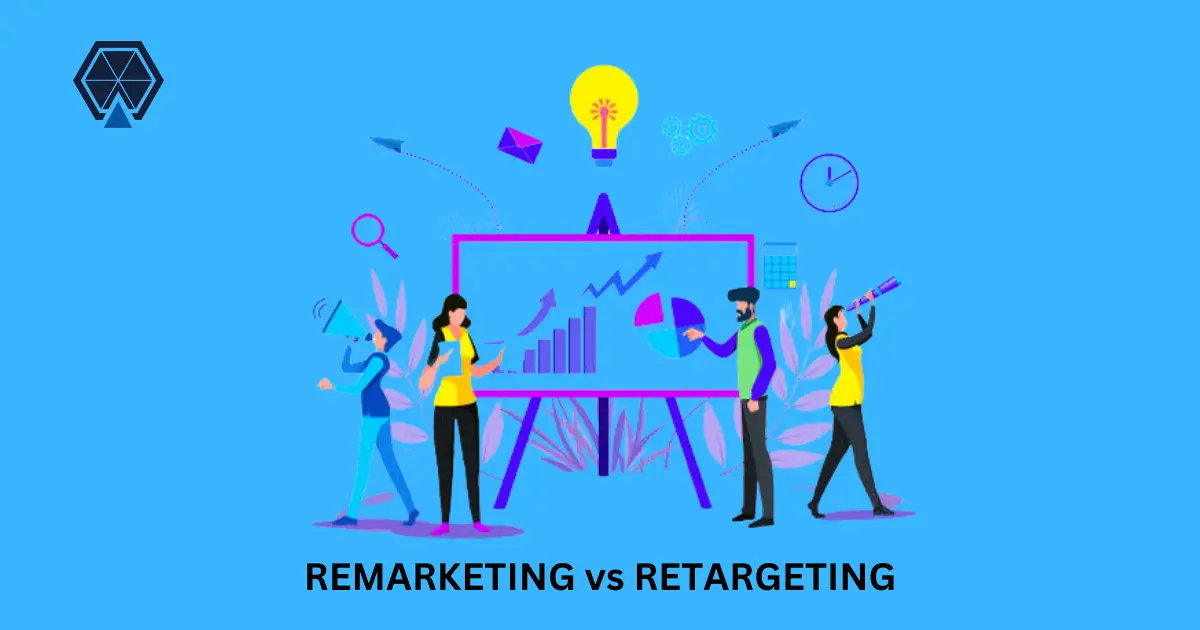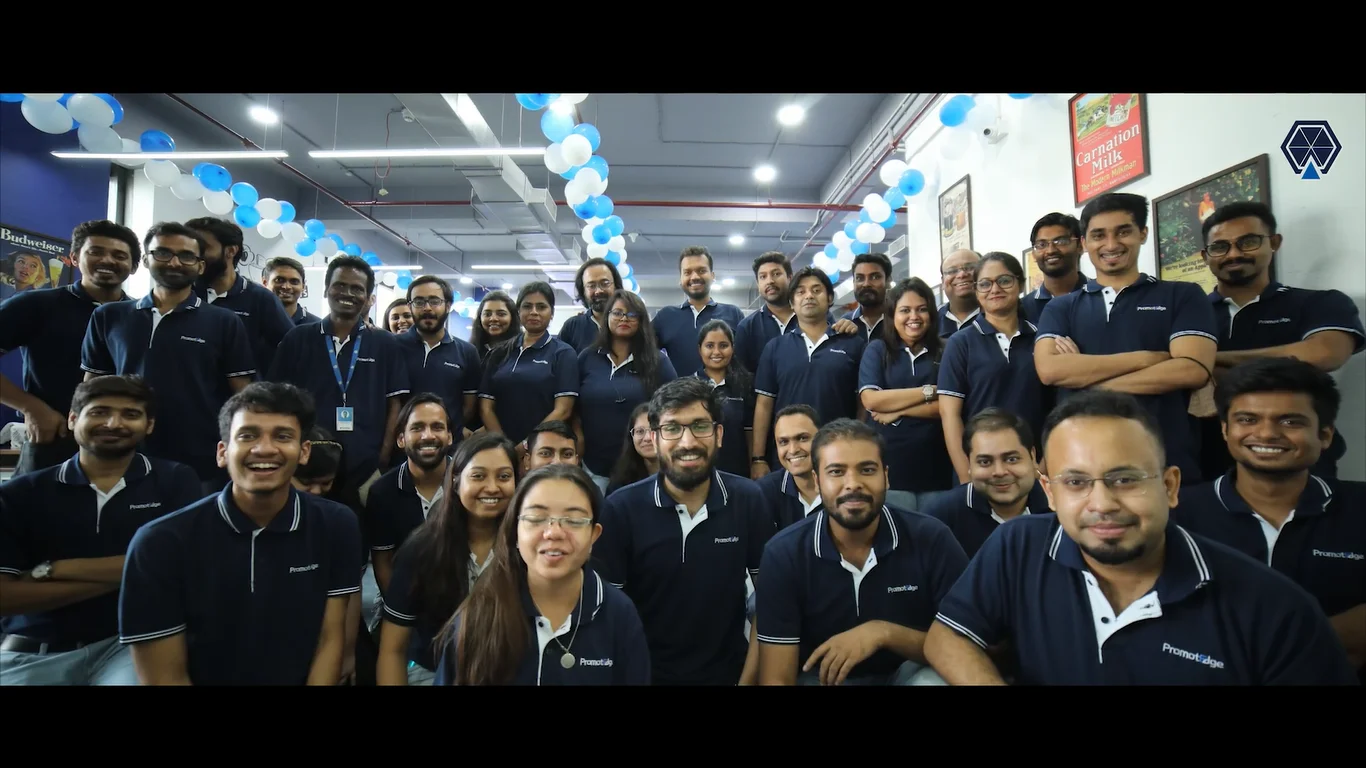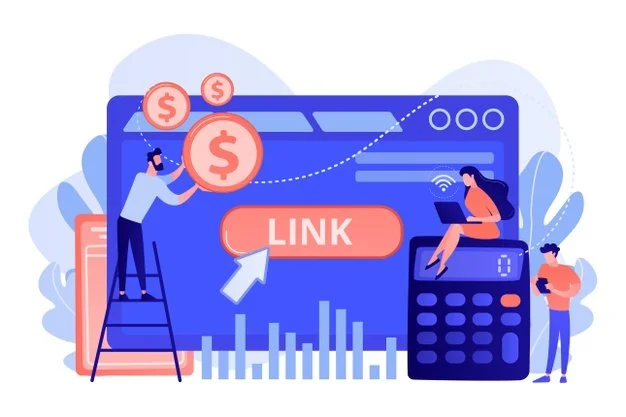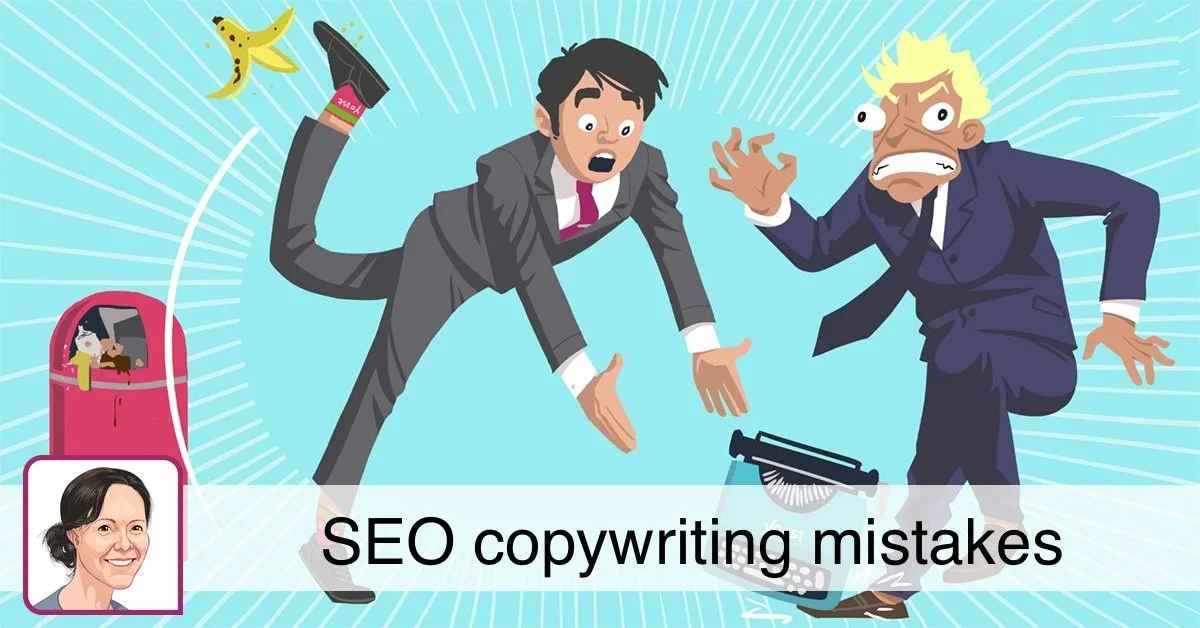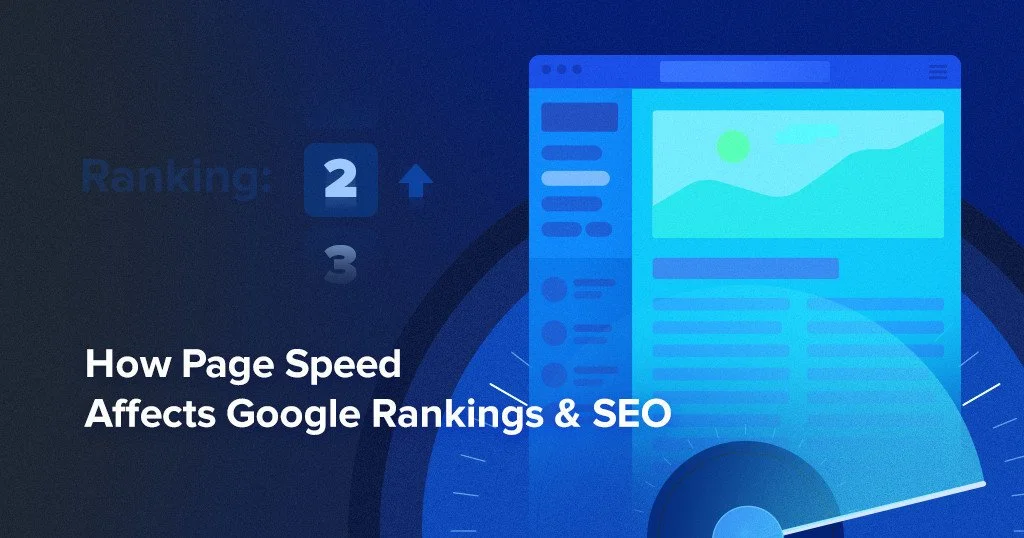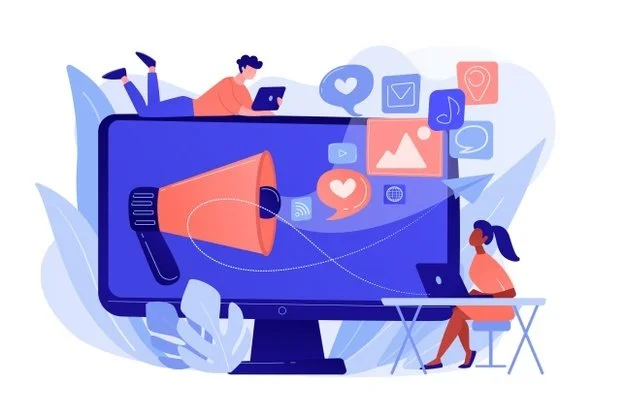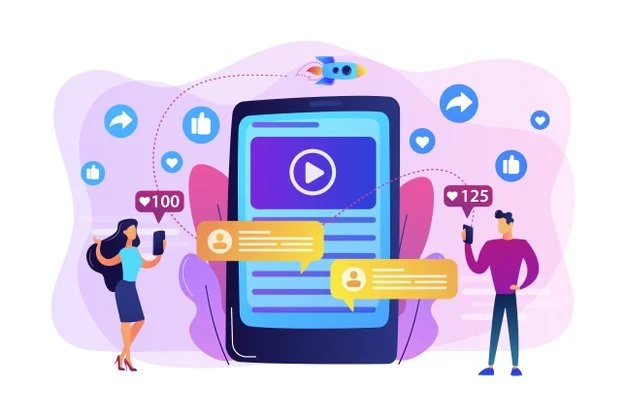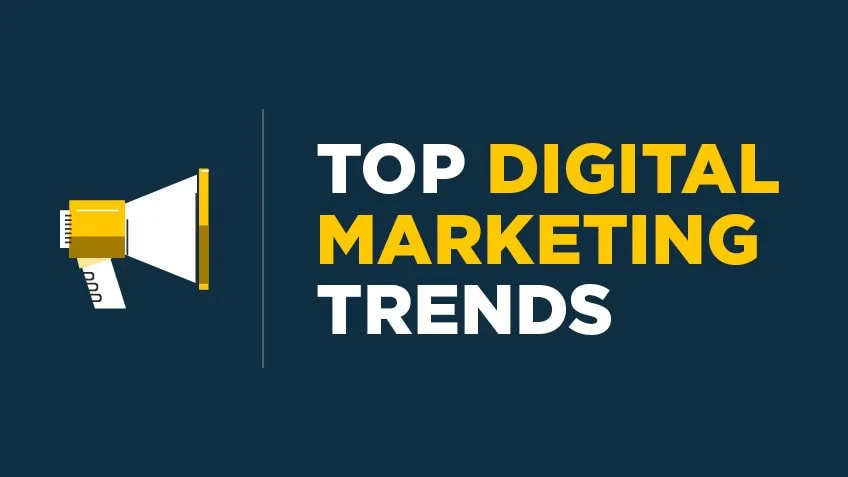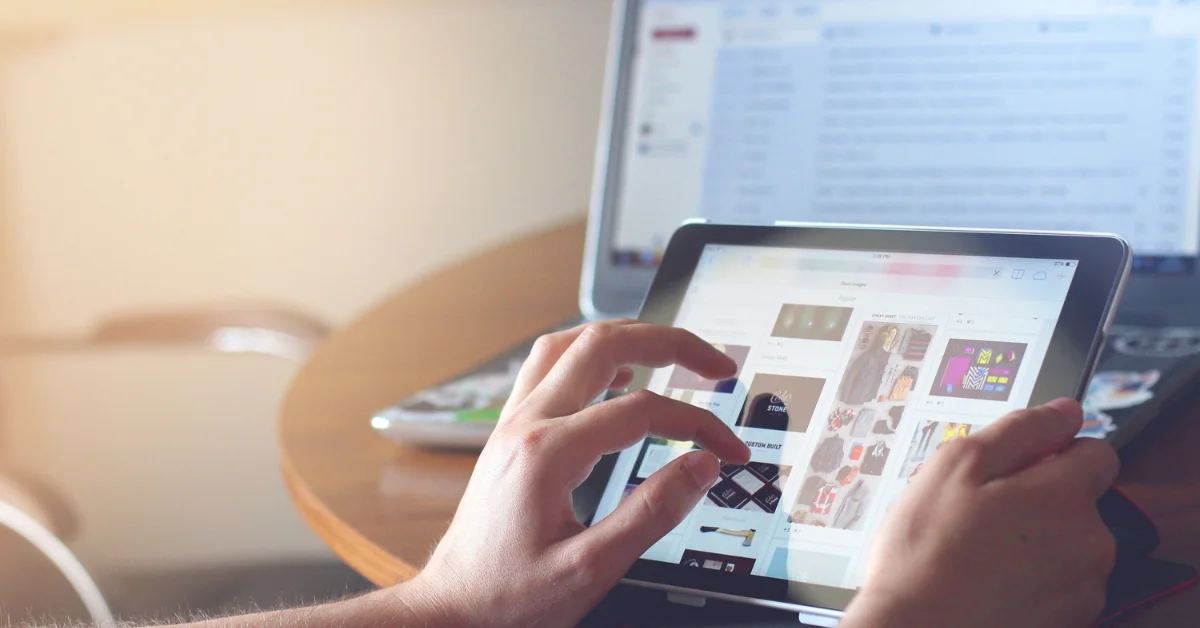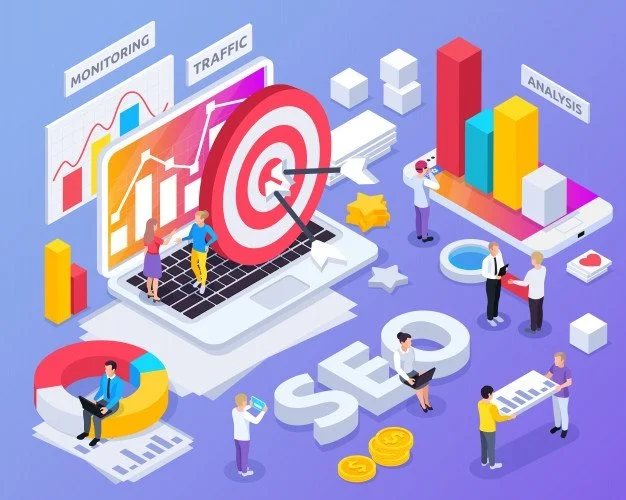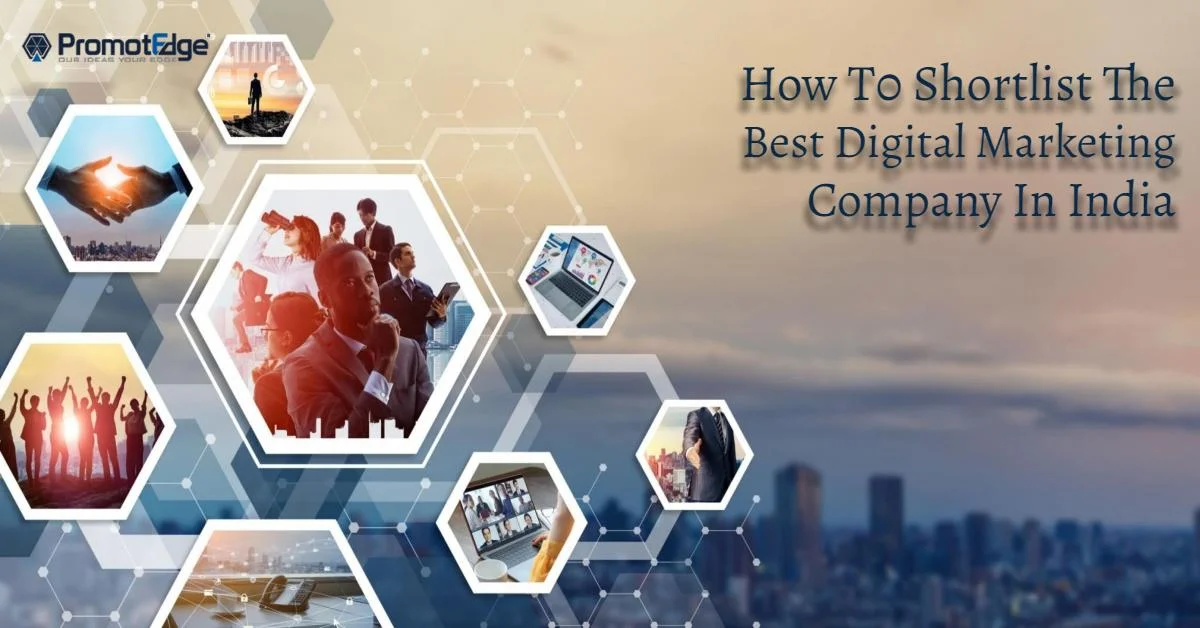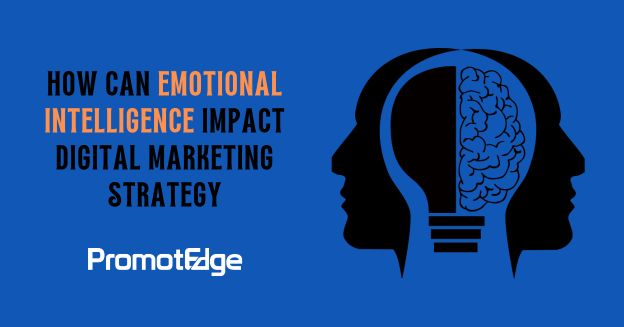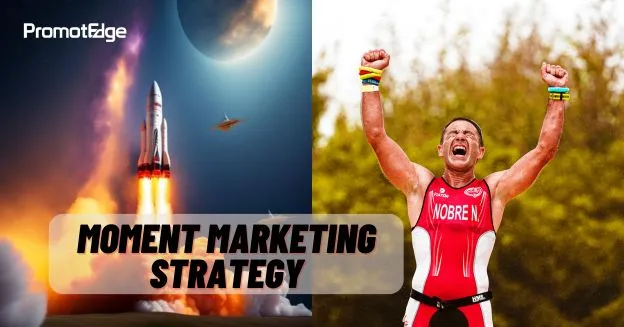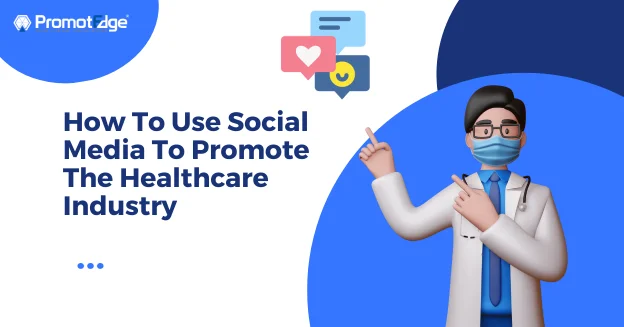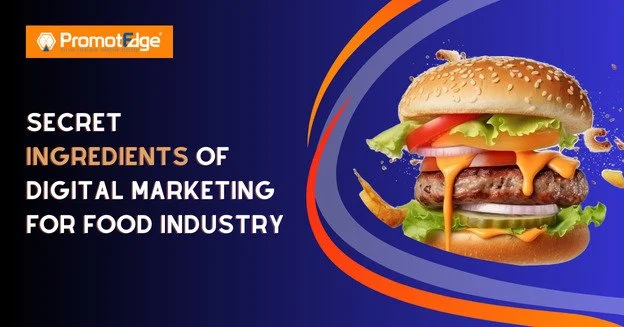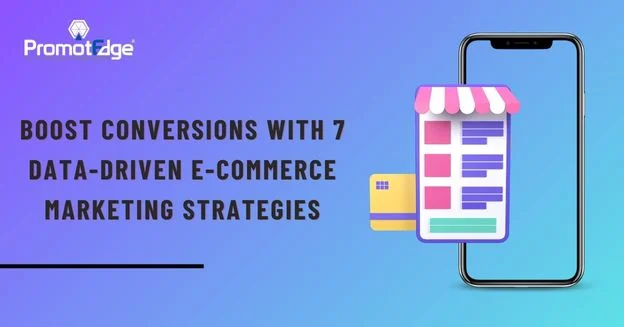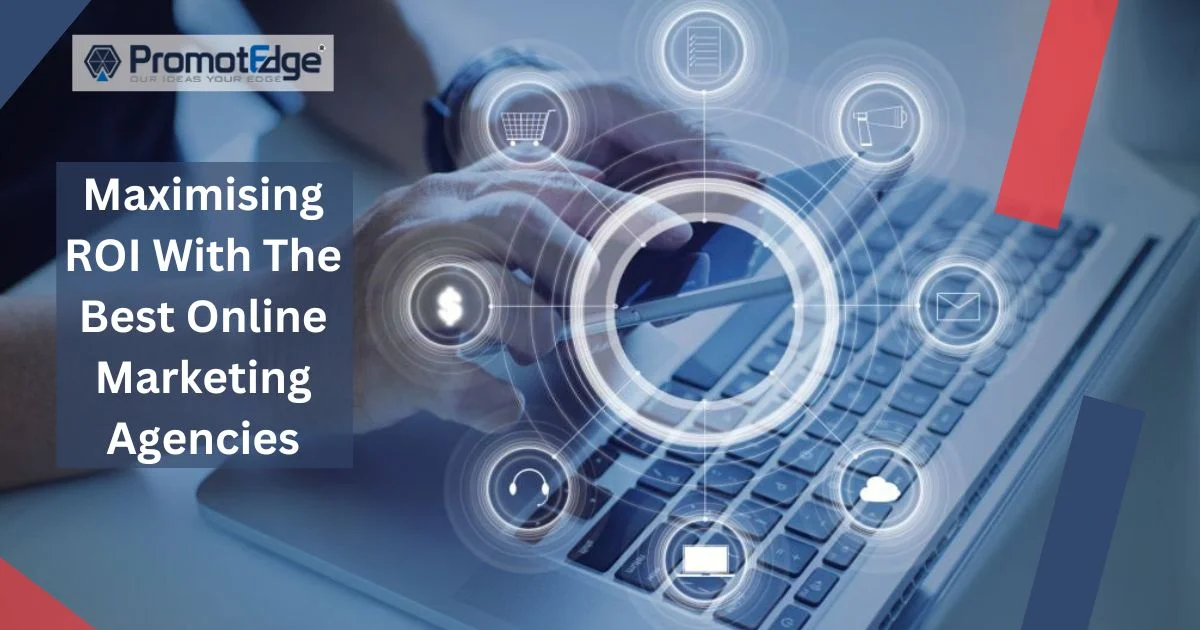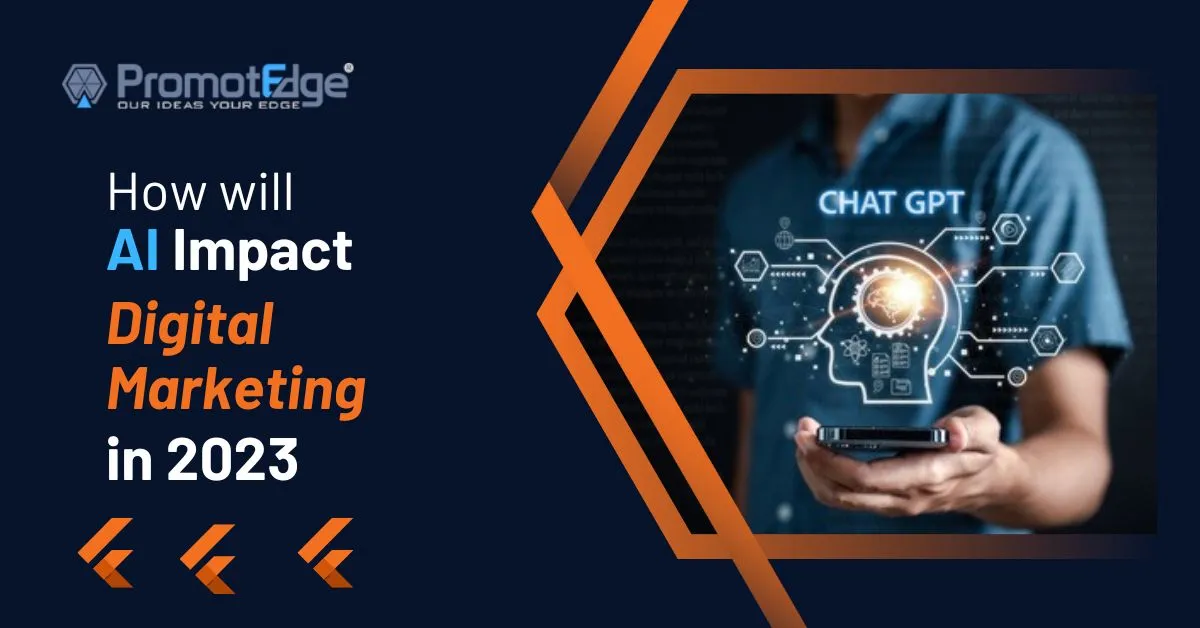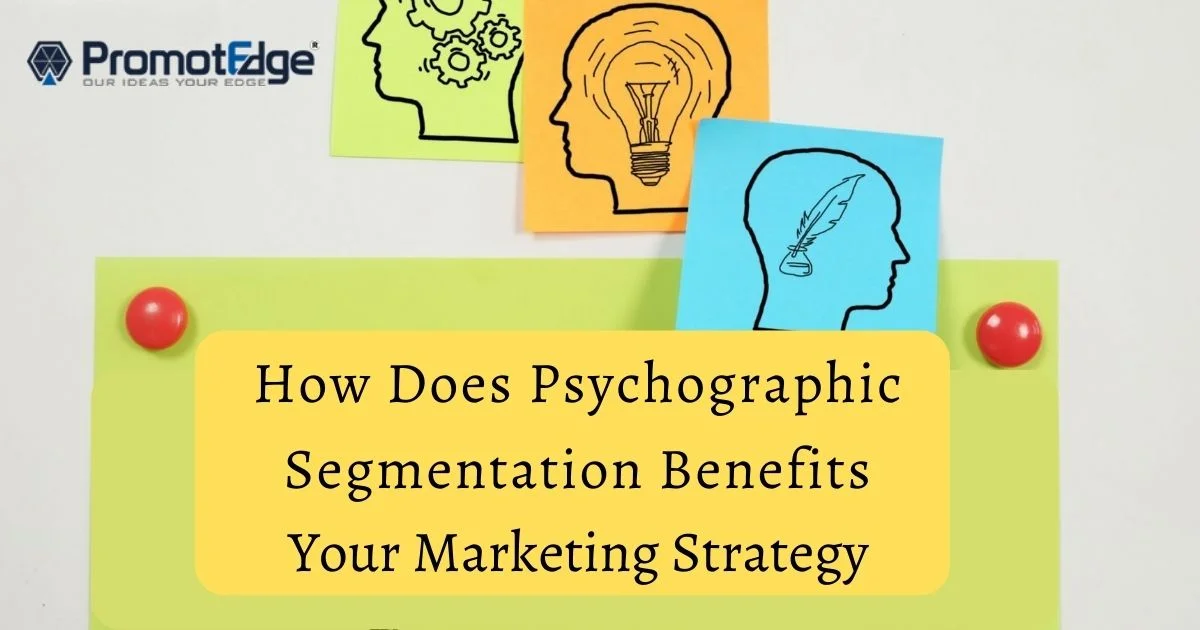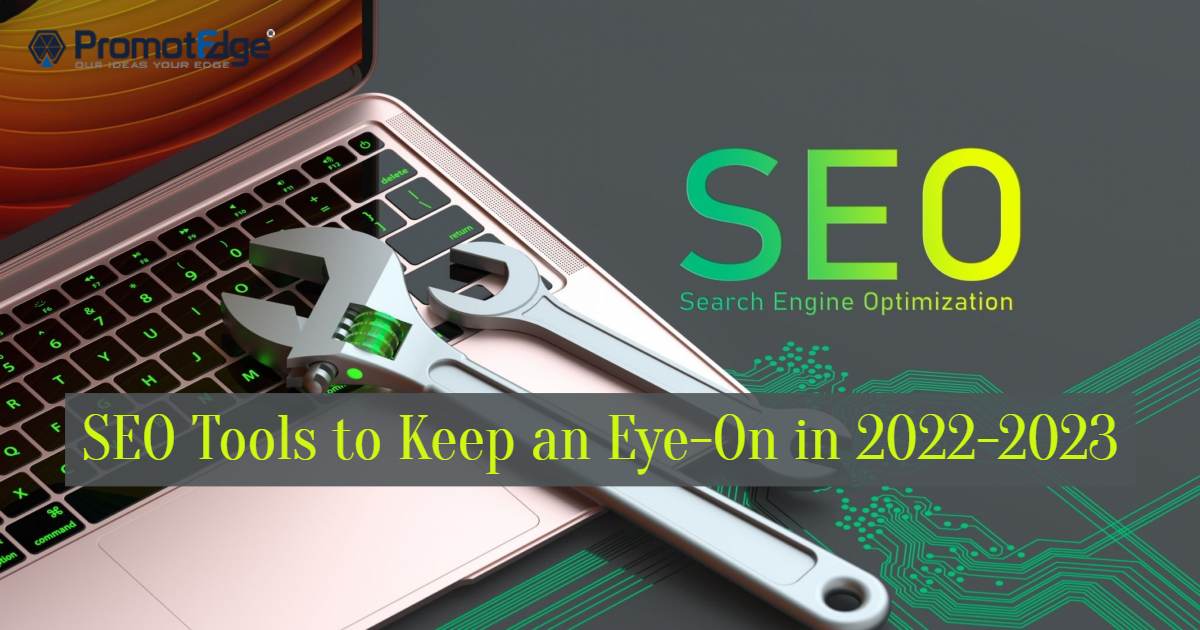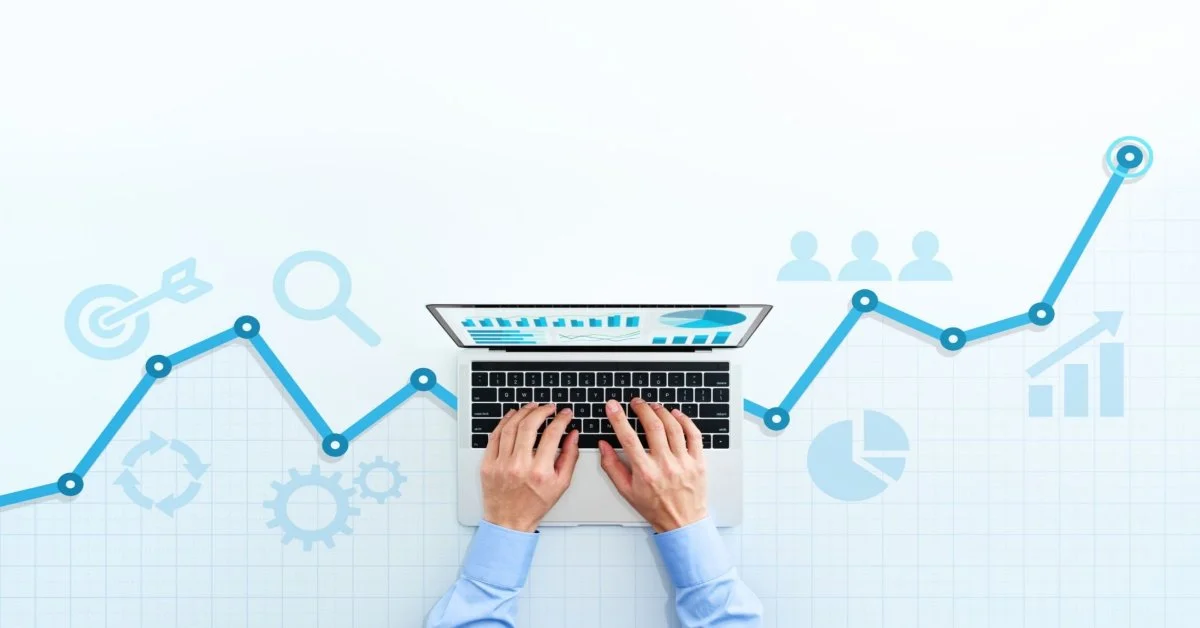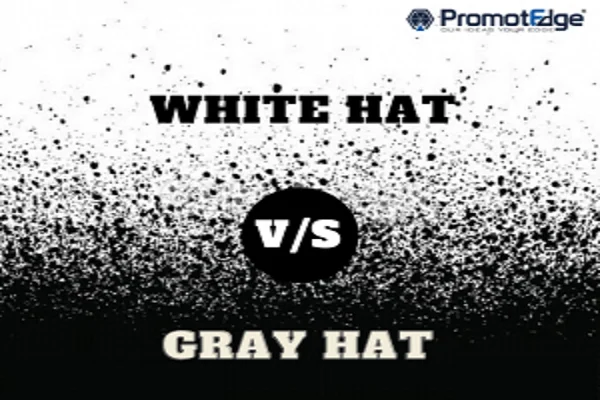-
Updated Date
Nov-10-2025
-
Views
2 Min Read
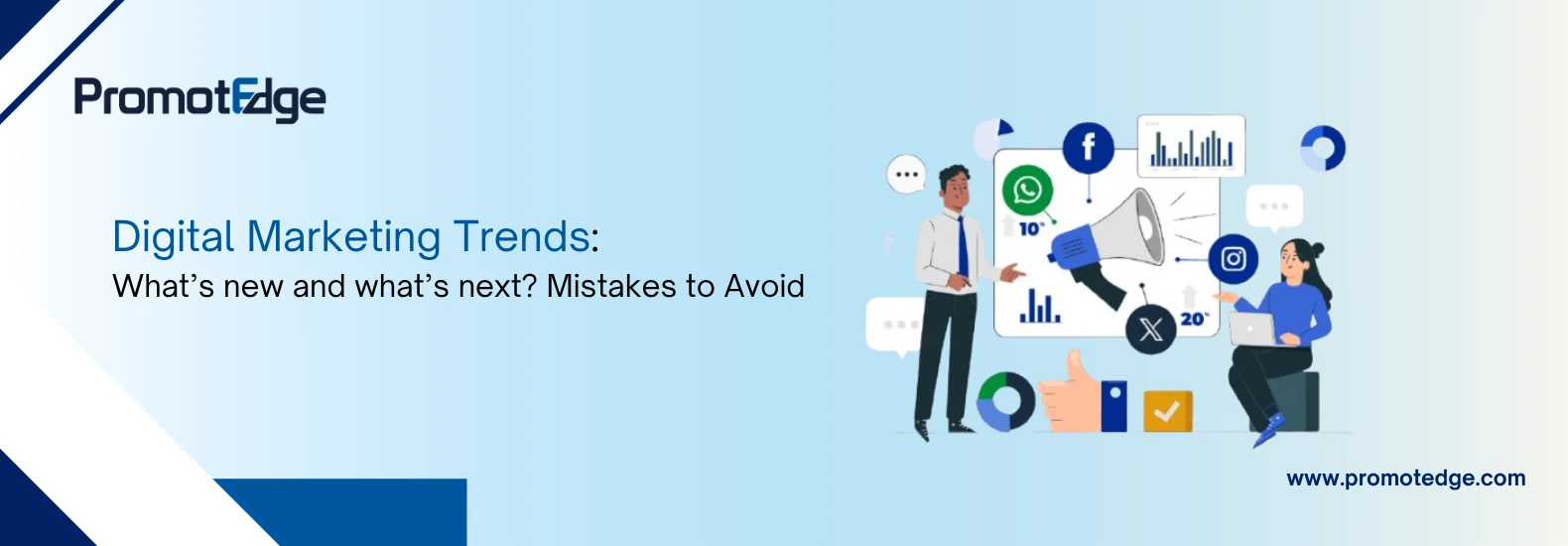
Digital marketing is constantly evolving, and 2025 is proving to be one of its most dynamic chapters yet. Scrolling through social media these days feels like a power ride—ads feel smarter, videos are shorter (but sharper), and chatbots sound almost human.
Innovation in every form is rewriting the digital marketing playbook, and staying up-to-date with each trend is the key to success in 2025 and beyond.
i) AI & AI agents everywhere
Generative AI is powering content creation, ad generation, personalisation, chatbots, and even helping automate workflows. There is so much possible now with Gen AI that keeping up has become challenging.
Adobe has launched artificial intelligence “agents” that will now enable brands to guide customer flow and purpose on their websites. For instance, depending on where customers have migrated from—whether it’s Instagram or organic search—brands can now tailor user experiences and optimize potential conversions. According to a Reuters report, this has been influenced by the increasing interaction between humans and chatbots, as seen in apps like ChatGPT.
Looking forward
Technology will continue to merge storytelling with seamless shopping, and businesses that will adopt these interesting technologies will be able to remain ahead of the curve. As the best digital marketing company, we integrate AI as fast and responsibly as they can, without losing the human touch.
As we step into the future, it’s clear that shopping will no longer just be about products—it will be about connection, convenience, and creativity.
Are you ready to experiment with these AI tools? Or are you frustrated with failed experiments and wish to work with a reliable digital marketing partner?
Key takeaways from digital marketing 2025
- AI is leading the change.
- Digital marketing trends, such as AEO and MMM, are reshaping brand success.
- Short-form video, live streams, vibe marketing, emotional resonance, and shoppable content continue to be the most engaging formats for consumers.
- Privacy and transparency are core elements for trust.
What’s new in digital marketing? (2025 highlights)
Here are the biggest shifts that have influenced digital marketing performance this year:i) AI & AI agents everywhere
Generative AI is powering content creation, ad generation, personalisation, chatbots, and even helping automate workflows. There is so much possible now with Gen AI that keeping up has become challenging.
Adobe has launched artificial intelligence “agents” that will now enable brands to guide customer flow and purpose on their websites. For instance, depending on where customers have migrated from—whether it’s Instagram or organic search—brands can now tailor user experiences and optimize potential conversions. According to a Reuters report, this has been influenced by the increasing interaction between humans and chatbots, as seen in apps like ChatGPT.
ii) New measurement models: MMM + AEO
The Marketing Mix Model (MMM) is making a comeback, in a more detailed and action-oriented version, with the opportunity for holistic cross-channel performance. These models are now betting on AI to simplify the process and manage “complex data” easily. They are being labelled as a “Chief Simplifier Officer” that is going to make marketing more focused and mindful.
SEO has always been crucial, but now search styles and urgency have led to the birth of Answer Engine Optimisation (AEO). This requires content to be developed with the potential to appear as “direct answers” to user queries on AI platforms like ChatGPT, Alexa, Gemini, and more. Understanding the user intent and developing content for maximum search engine results is still a relevant goal.
However, AEO’s impact is limited to Google search alone (Source: NP Digital)
iii) Personalisation & hyper-tailoring
With the increasing need for a more personalised experience online, more and more brands are investing in experiences that feel personal. They are tailoring content, product recommendations, ads, and even website UX based on different user contexts, devices, history, etc.
As per Deloitte’s Marketing Trends for 2025, 75% of consumers are more comfortable choosing brands that offer a personalised experience. Also, there has been a steady interest in implementing voice-based, AR/VR, and other immersive experiences for engaging with customers in more sensory or interactive ways.
iv) Video (especially short-form), Live & Shoppable Content
Video is no longer just a trend; it has become the heartbeat of digital marketing in 2025. From quick clips to immersive live sessions, video has been shaping how audiences discover and shop these days.
These are some of the forms that have been trending:
- Short-form video content like TikTok, Reels, YouTube Shorts
- Live video, “shoppable” videos”*
- Streaming / OTT platforms with ads
- Shoppable ads
Interactive videos where viewers can directly shop by clicking on tags or links while watching the video
v) Data, privacy, & regulatory pressure
With rising concerns about data privacy, consumer expectations are shifting and making businesses focus more on regulations and policies. Marketers must balance personalisation with transparency, so that not only do customers get the best experience, but also build trust for a brand.
Brands have also been investing in tools that help measure performance without violating privacy or depending too heavily on third-party cookies. As per Google’s consumer highlights for 2025 digital marketing trends and predictions, focusing on customer well-being through ethical marketing is necessary for sustainable growth.
vi) Vibe marketing & emotional resonance
Another trend that has been making all the right noises is a newer creative trend where brands are focusing on mood, culture, and emotional resonance rather than purely data-driven targeting. It is being labelled as “vibe marketing,” and taste and aesthetics are the biggest driving factors behind this for maintaining authenticity despite the growing competition with AI being used by all.
Online marketing in 2025 is becoming more dynamic, and brands need to focus on these shifts and experiment with them.
How do these changes impact the digital marketing industry?
Understanding what’s new is one thing, but seeing how it changes things for digital marketing companies and digital marketing agencies is another.
Here are some of the impacts that are being seen in the industry:
- Shifting roles & workflows: All the tasks that were manual or specialised (e.g., basic content generation, some ad creative, A/B testing) are now getting automated.
- Higher demand for agility & speed: As AI tools offer opportunities for rapid prototyping and content creation, the sensitive need for pace, accelerating the pace of campaign cycles, cannot be ignored any longer.
- More complexity in measurement & ROI expectations: With MMM, AEO, live video metrics, and more, clients and stakeholders are now expecting more precise, transparent, cross-channel attribution. And this means that brands need to highlight how the budgets are being allocated.
- Need for trust & ethical behaviour: As privacy and security have become important, companies need to be careful about how data is collected, stored, and used.
What brands should look for in digital marketing companies to balance industry needs & trends?
For brands wanting not just to keep up but to lead:
- Smarter use of AI tools and infrastructure: The right partner won’t just adopt AI for the sake of it — they’ll integrate it into strategies that enhance speed, personalization, and campaign measurement without compromising on quality or consistency.
- Truly hybrid teams: Winning in today’s market requires agencies that bring together creative minds, data specialists, and tech experts. Look for partners who blend artistry with analytics — where a strategist can decode AI prompts and a developer understands the nuances of storytelling.
- A redefined creative process: Agencies must move beyond traditional formats and embrace experimentation. From vibe-driven content to immersive storytelling, the focus should be on creating experiences that earn audience attention rather than demand it.
- Radical transparency in reporting: The best agencies make performance easy to understand. Clear, digestible reports should show exactly where budgets are being invested, what’s working, and what needs to be refined.
- A culture of ongoing learning: The digital landscape shifts daily. Agencies that encourage their teams to explore new courses, experiment with platforms, and adapt quickly are the ones that can bring fresh, future-ready solutions to your brand.
- Client-first education: It is normal to not be fluent in the latest marketing trends. A strong partner will invest time in explaining why new methods outperform old metrics, helping you feel confident about shifting strategies and budgets.
What new skills can one learn to remain in the game?
These are the skills that matter more in 2025:
However, AEO’s impact is limited to Google search alone (Source: NP Digital)
iii) Personalisation & hyper-tailoring
With the increasing need for a more personalised experience online, more and more brands are investing in experiences that feel personal. They are tailoring content, product recommendations, ads, and even website UX based on different user contexts, devices, history, etc.
As per Deloitte’s Marketing Trends for 2025, 75% of consumers are more comfortable choosing brands that offer a personalised experience. Also, there has been a steady interest in implementing voice-based, AR/VR, and other immersive experiences for engaging with customers in more sensory or interactive ways.
iv) Video (especially short-form), Live & Shoppable Content
Video is no longer just a trend; it has become the heartbeat of digital marketing in 2025. From quick clips to immersive live sessions, video has been shaping how audiences discover and shop these days.
These are some of the forms that have been trending:
- Short-form video content like TikTok, Reels, YouTube Shorts
- Live video, “shoppable” videos”*
- Streaming / OTT platforms with ads
- Shoppable ads
Interactive videos where viewers can directly shop by clicking on tags or links while watching the video
v) Data, privacy, & regulatory pressure
With rising concerns about data privacy, consumer expectations are shifting and making businesses focus more on regulations and policies. Marketers must balance personalisation with transparency, so that not only do customers get the best experience, but also build trust for a brand.
Brands have also been investing in tools that help measure performance without violating privacy or depending too heavily on third-party cookies. As per Google’s consumer highlights for 2025 digital marketing trends and predictions, focusing on customer well-being through ethical marketing is necessary for sustainable growth.
vi) Vibe marketing & emotional resonance
Another trend that has been making all the right noises is a newer creative trend where brands are focusing on mood, culture, and emotional resonance rather than purely data-driven targeting. It is being labelled as “vibe marketing,” and taste and aesthetics are the biggest driving factors behind this for maintaining authenticity despite the growing competition with AI being used by all.
Online marketing in 2025 is becoming more dynamic, and brands need to focus on these shifts and experiment with them.
How do these changes impact the digital marketing industry?
Understanding what’s new is one thing, but seeing how it changes things for digital marketing companies and digital marketing agencies is another.
Here are some of the impacts that are being seen in the industry:
- Shifting roles & workflows: All the tasks that were manual or specialised (e.g., basic content generation, some ad creative, A/B testing) are now getting automated.
- Higher demand for agility & speed: As AI tools offer opportunities for rapid prototyping and content creation, the sensitive need for pace, accelerating the pace of campaign cycles, cannot be ignored any longer.
- More complexity in measurement & ROI expectations: With MMM, AEO, live video metrics, and more, clients and stakeholders are now expecting more precise, transparent, cross-channel attribution. And this means that brands need to highlight how the budgets are being allocated.
- Need for trust & ethical behaviour: As privacy and security have become important, companies need to be careful about how data is collected, stored, and used.
What brands should look for in digital marketing companies to balance industry needs & trends?
For brands wanting not just to keep up but to lead:
- Smarter use of AI tools and infrastructure: The right partner won’t just adopt AI for the sake of it — they’ll integrate it into strategies that enhance speed, personalization, and campaign measurement without compromising on quality or consistency.
- Truly hybrid teams: Winning in today’s market requires agencies that bring together creative minds, data specialists, and tech experts. Look for partners who blend artistry with analytics — where a strategist can decode AI prompts and a developer understands the nuances of storytelling.
- A redefined creative process: Agencies must move beyond traditional formats and embrace experimentation. From vibe-driven content to immersive storytelling, the focus should be on creating experiences that earn audience attention rather than demand it.
- Radical transparency in reporting: The best agencies make performance easy to understand. Clear, digestible reports should show exactly where budgets are being invested, what’s working, and what needs to be refined.
- A culture of ongoing learning: The digital landscape shifts daily. Agencies that encourage their teams to explore new courses, experiment with platforms, and adapt quickly are the ones that can bring fresh, future-ready solutions to your brand.
- Client-first education: It is normal to not be fluent in the latest marketing trends. A strong partner will invest time in explaining why new methods outperform old metrics, helping you feel confident about shifting strategies and budgets.
What new skills can one learn to remain in the game?
These are the skills that matter more in 2025:
- Short-form video content like TikTok, Reels, YouTube Shorts
- Live video, “shoppable” videos”*
- Streaming / OTT platforms with ads
- Shoppable ads
Interactive videos where viewers can directly shop by clicking on tags or links while watching the video
v) Data, privacy, & regulatory pressure
With rising concerns about data privacy, consumer expectations are shifting and making businesses focus more on regulations and policies. Marketers must balance personalisation with transparency, so that not only do customers get the best experience, but also build trust for a brand.
Brands have also been investing in tools that help measure performance without violating privacy or depending too heavily on third-party cookies. As per Google’s consumer highlights for 2025 digital marketing trends and predictions, focusing on customer well-being through ethical marketing is necessary for sustainable growth.
vi) Vibe marketing & emotional resonance
Another trend that has been making all the right noises is a newer creative trend where brands are focusing on mood, culture, and emotional resonance rather than purely data-driven targeting. It is being labelled as “vibe marketing,” and taste and aesthetics are the biggest driving factors behind this for maintaining authenticity despite the growing competition with AI being used by all.
Online marketing in 2025 is becoming more dynamic, and brands need to focus on these shifts and experiment with them.
How do these changes impact the digital marketing industry?
Understanding what’s new is one thing, but seeing how it changes things for digital marketing companies and digital marketing agencies is another.
Here are some of the impacts that are being seen in the industry:
- Shifting roles & workflows: All the tasks that were manual or specialised (e.g., basic content generation, some ad creative, A/B testing) are now getting automated.
- Higher demand for agility & speed: As AI tools offer opportunities for rapid prototyping and content creation, the sensitive need for pace, accelerating the pace of campaign cycles, cannot be ignored any longer.
- More complexity in measurement & ROI expectations: With MMM, AEO, live video metrics, and more, clients and stakeholders are now expecting more precise, transparent, cross-channel attribution. And this means that brands need to highlight how the budgets are being allocated.
- Need for trust & ethical behaviour: As privacy and security have become important, companies need to be careful about how data is collected, stored, and used.
What brands should look for in digital marketing companies to balance industry needs & trends?
For brands wanting not just to keep up but to lead:
- Smarter use of AI tools and infrastructure: The right partner won’t just adopt AI for the sake of it — they’ll integrate it into strategies that enhance speed, personalization, and campaign measurement without compromising on quality or consistency.
- Truly hybrid teams: Winning in today’s market requires agencies that bring together creative minds, data specialists, and tech experts. Look for partners who blend artistry with analytics — where a strategist can decode AI prompts and a developer understands the nuances of storytelling.
- A redefined creative process: Agencies must move beyond traditional formats and embrace experimentation. From vibe-driven content to immersive storytelling, the focus should be on creating experiences that earn audience attention rather than demand it.
- Radical transparency in reporting: The best agencies make performance easy to understand. Clear, digestible reports should show exactly where budgets are being invested, what’s working, and what needs to be refined.
- A culture of ongoing learning: The digital landscape shifts daily. Agencies that encourage their teams to explore new courses, experiment with platforms, and adapt quickly are the ones that can bring fresh, future-ready solutions to your brand.
- Client-first education: It is normal to not be fluent in the latest marketing trends. A strong partner will invest time in explaining why new methods outperform old metrics, helping you feel confident about shifting strategies and budgets.
What new skills can one learn to remain in the game?
These are the skills that matter more in 2025:
How do these changes impact the digital marketing industry?
Understanding what’s new is one thing, but seeing how it changes things for digital marketing companies and digital marketing agencies is another. Here are some of the impacts that are being seen in the industry:- Shifting roles & workflows: All the tasks that were manual or specialised (e.g., basic content generation, some ad creative, A/B testing) are now getting automated.
- Higher demand for agility & speed: As AI tools offer opportunities for rapid prototyping and content creation, the sensitive need for pace, accelerating the pace of campaign cycles, cannot be ignored any longer.
- More complexity in measurement & ROI expectations: With MMM, AEO, live video metrics, and more, clients and stakeholders are now expecting more precise, transparent, cross-channel attribution. And this means that brands need to highlight how the budgets are being allocated.
- Need for trust & ethical behaviour: As privacy and security have become important, companies need to be careful about how data is collected, stored, and used.
What brands should look for in digital marketing companies to balance industry needs & trends?
For brands wanting not just to keep up but to lead:- Smarter use of AI tools and infrastructure: The right partner won’t just adopt AI for the sake of it — they’ll integrate it into strategies that enhance speed, personalization, and campaign measurement without compromising on quality or consistency.
- Truly hybrid teams: Winning in today’s market requires agencies that bring together creative minds, data specialists, and tech experts. Look for partners who blend artistry with analytics — where a strategist can decode AI prompts and a developer understands the nuances of storytelling.
- A redefined creative process: Agencies must move beyond traditional formats and embrace experimentation. From vibe-driven content to immersive storytelling, the focus should be on creating experiences that earn audience attention rather than demand it.
- Radical transparency in reporting: The best agencies make performance easy to understand. Clear, digestible reports should show exactly where budgets are being invested, what’s working, and what needs to be refined.
- A culture of ongoing learning: The digital landscape shifts daily. Agencies that encourage their teams to explore new courses, experiment with platforms, and adapt quickly are the ones that can bring fresh, future-ready solutions to your brand.
- Client-first education: It is normal to not be fluent in the latest marketing trends. A strong partner will invest time in explaining why new methods outperform old metrics, helping you feel confident about shifting strategies and budgets.
What new skills can one learn to remain in the game?
These are the skills that matter more in 2025:| Skill | Why it’s important |
| AI / Generative AI & Prompt Engineering | To create content, refine creative assets quickly, personalise, and optimise campaigns. |
| Advanced Measurement, Attribution & MMM | Understanding and being able to work with modern Marketing Mix Models and other attribution tools. |
| SEO & AEO | Traditional SEO is still relevant, but optimising for AI and conversational searches (AEO) is rising and needs to be learnt quickly. |
| Video Creation & Multimedia Content | People who will learn video creation, especially short form, live streaming, interactive and shoppable videos, will be able to reach out to more clients. |
| UX / Immersive / AR/VR | As immersive tech becomes more accessible, being able to design experiences for AR/VR or at least integrate them will be useful. |
| Privacy / Data Ethics / Regulation Awareness | Knowing what rules are applying, what best practices are, how to be transparent is going to earn you brownie points! |
| Soft Skills: Creativity, Emotional Intelligence, Culture Sense | Because vibe marketing, emotional resonance, mood-based campaigns are gaining attention. |
Quick look at how the digital marketing 2025 waves are affecting different industries
- Shoppable videos, AI-driven personalisation, and social commerce are redefining eCommerce and how buyers are completing the buying journey.
- More than ever, patients are now trying to get reliable information through AI chatbots and voice search in healthcare, and searching for more localised content.
- Educational institutions are now focusing on video-first learning, AI tutors, and personalised content marketing to reach learners anywhere in the world.
- With virtual tours, AI-driven recommendations, and local SEO, real estate is making the property search experience more immersive for buyers and investors.
Looking forward
Technology will continue to merge storytelling with seamless shopping, and businesses that will adopt these interesting technologies will be able to remain ahead of the curve. As the best digital marketing company, we integrate AI as fast and responsibly as they can, without losing the human touch.
As we step into the future, it’s clear that shopping will no longer just be about products—it will be about connection, convenience, and creativity.
Are you ready to experiment with these AI tools? Or are you frustrated with failed experiments and wish to work with a reliable digital marketing partner?
FAQs
-
What are the biggest digital marketing trends in 2025?
Ans.
Some of the biggest digital marketing trends in 2025 include AI-driven personalisation, Answer Engine Optimisation (AEO), shoppable videos, live content, and enhanced data transparency.
-
How is AI changing digital marketing?
Ans.
AI is helping marketers deliver hyper-personalised experiences, automate content creation, improve targeting, and provide predictive insights for better campaign performance.
-
Why is AEO important in 2025?
Ans.
With the rise of voice search and AI-powered search engines, AEO (Answer Engine Optimisation) helps brands appear directly in AI-generated answers—boosting visibility and trust.
-
What skills should marketers learn in 2025?
Ans.
Marketers should focus on AI tools, data analytics, video storytelling, voice and visual search optimisation, and ethical marketing practices.
-
How do these trends impact businesses in India?
Ans.
For India-based businesses, these trends mean faster adoption of AI, cost-effective digital solutions, and new opportunities in e-commerce, healthcare, real estate, and education.
-
Should I hire a digital marketing agency in 2025?
Ans.
Yes, a digital marketing agency can help you adapt to fast-changing trends, optimise campaigns, and ensure your brand stays competitive in an evolving landscape.
-
How will video marketing evolve in 2025?
Ans.
Video, especially short-form and shoppable formats, will dominate digital marketing. Brands will rely on interactive and live video to engage audiences and drive conversions.
-
What are the biggest digital marketing trends in 2025?
Ans.Some of the biggest digital marketing trends in 2025 include AI-driven personalisation, Answer Engine Optimisation (AEO), shoppable videos, live content, and enhanced data transparency. -
How is AI changing digital marketing?
Ans.AI is helping marketers deliver hyper-personalised experiences, automate content creation, improve targeting, and provide predictive insights for better campaign performance. -
Why is AEO important in 2025?
Ans.With the rise of voice search and AI-powered search engines, AEO (Answer Engine Optimisation) helps brands appear directly in AI-generated answers—boosting visibility and trust. -
What skills should marketers learn in 2025?
Ans.Marketers should focus on AI tools, data analytics, video storytelling, voice and visual search optimisation, and ethical marketing practices. -
How do these trends impact businesses in India?
Ans.For India-based businesses, these trends mean faster adoption of AI, cost-effective digital solutions, and new opportunities in e-commerce, healthcare, real estate, and education. -
Should I hire a digital marketing agency in 2025?
Ans.Yes, a digital marketing agency can help you adapt to fast-changing trends, optimise campaigns, and ensure your brand stays competitive in an evolving landscape. -
How will video marketing evolve in 2025?
Ans.Video, especially short-form and shoppable formats, will dominate digital marketing. Brands will rely on interactive and live video to engage audiences and drive conversions.
Blogs
Journey into Ideas Unveiling Tomorrow's Insights Today.
FAQ
FAQ

-
What are the biggest digital marketing trends in 2025?
Ans.Some of the biggest digital marketing trends in 2025 include AI-driven personalisation, Answer Engine Optimisation (AEO), shoppable videos, live content, and enhanced data transparency. -
How is AI changing digital marketing?
Ans.AI is helping marketers deliver hyper-personalised experiences, automate content creation, improve targeting, and provide predictive insights for better campaign performance. -
Why is AEO important in 2025?
Ans.With the rise of voice search and AI-powered search engines, AEO (Answer Engine Optimisation) helps brands appear directly in AI-generated answers—boosting visibility and trust. -
What skills should marketers learn in 2025?
Ans.Marketers should focus on AI tools, data analytics, video storytelling, voice and visual search optimisation, and ethical marketing practices. -
How do these trends impact businesses in India?
Ans.For India-based businesses, these trends mean faster adoption of AI, cost-effective digital solutions, and new opportunities in e-commerce, healthcare, real estate, and education. -
Should I hire a digital marketing agency in 2025?
Ans.Yes, a digital marketing agency can help you adapt to fast-changing trends, optimise campaigns, and ensure your brand stays competitive in an evolving landscape. -
How will video marketing evolve in 2025?
Ans.Video, especially short-form and shoppable formats, will dominate digital marketing. Brands will rely on interactive and live video to engage audiences and drive conversions.




